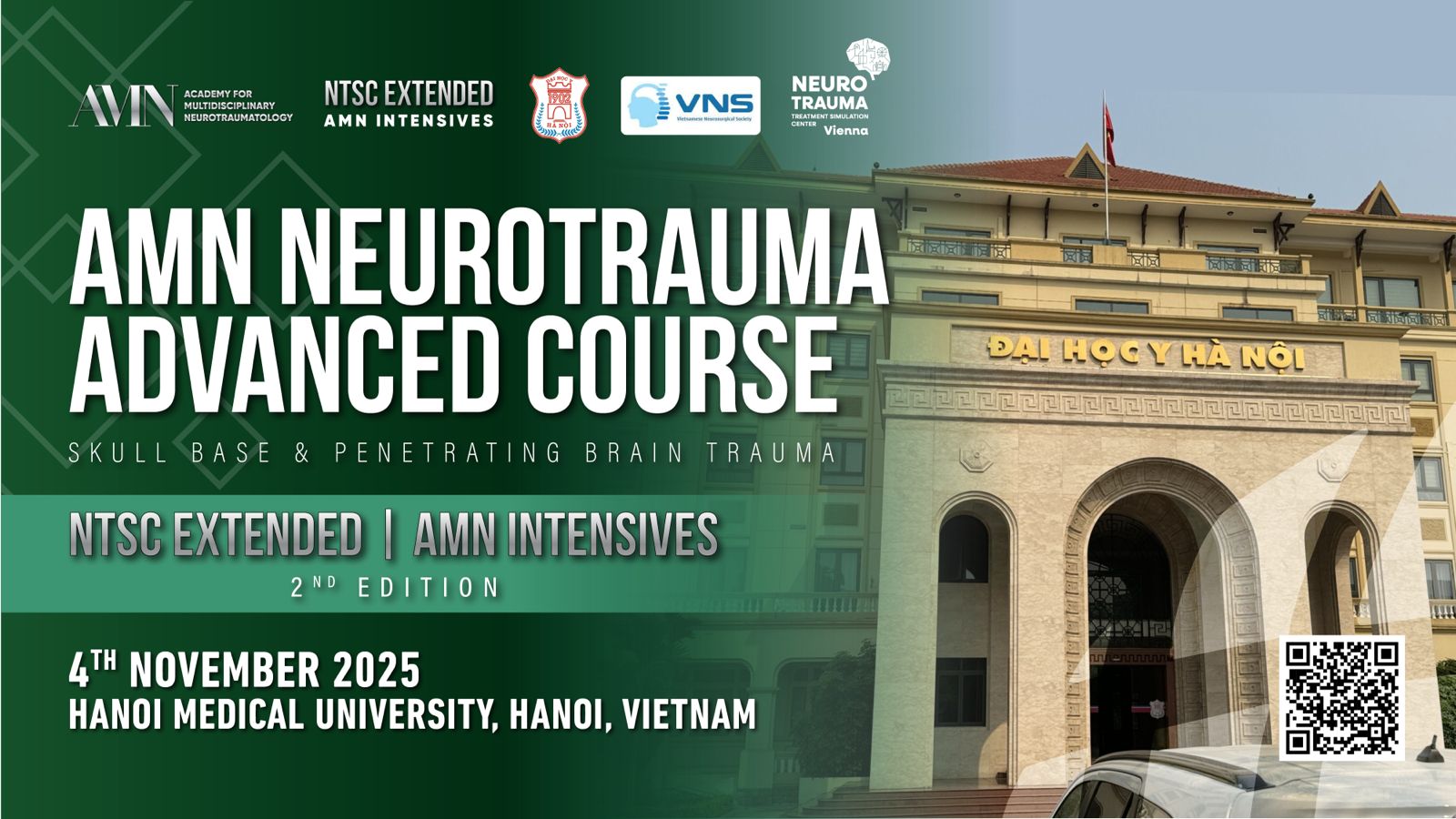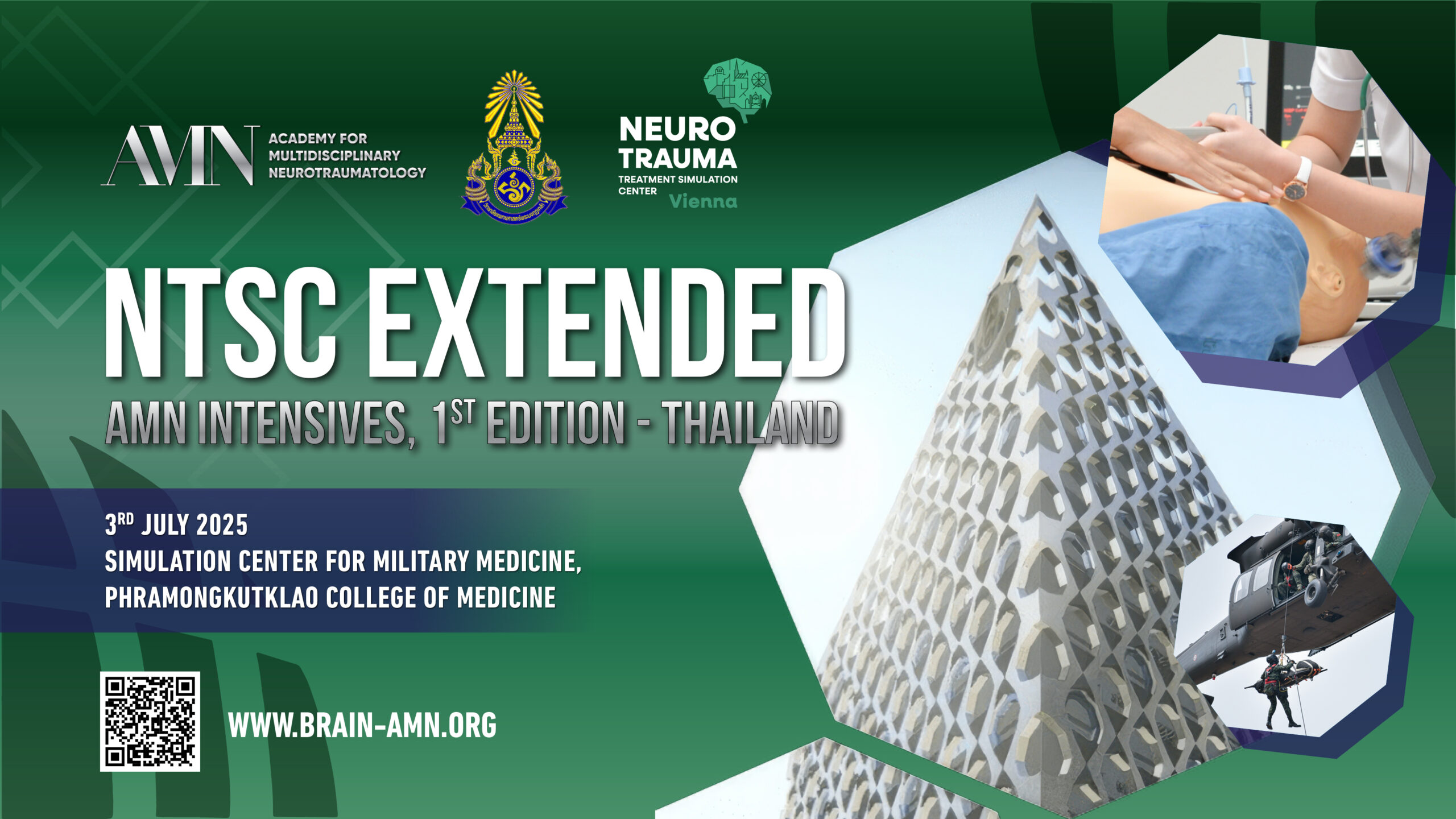Neurotrauma Treatment Simulation Center (NTSC)
What are the global challenges for optimal Neurotrauma Treatment?
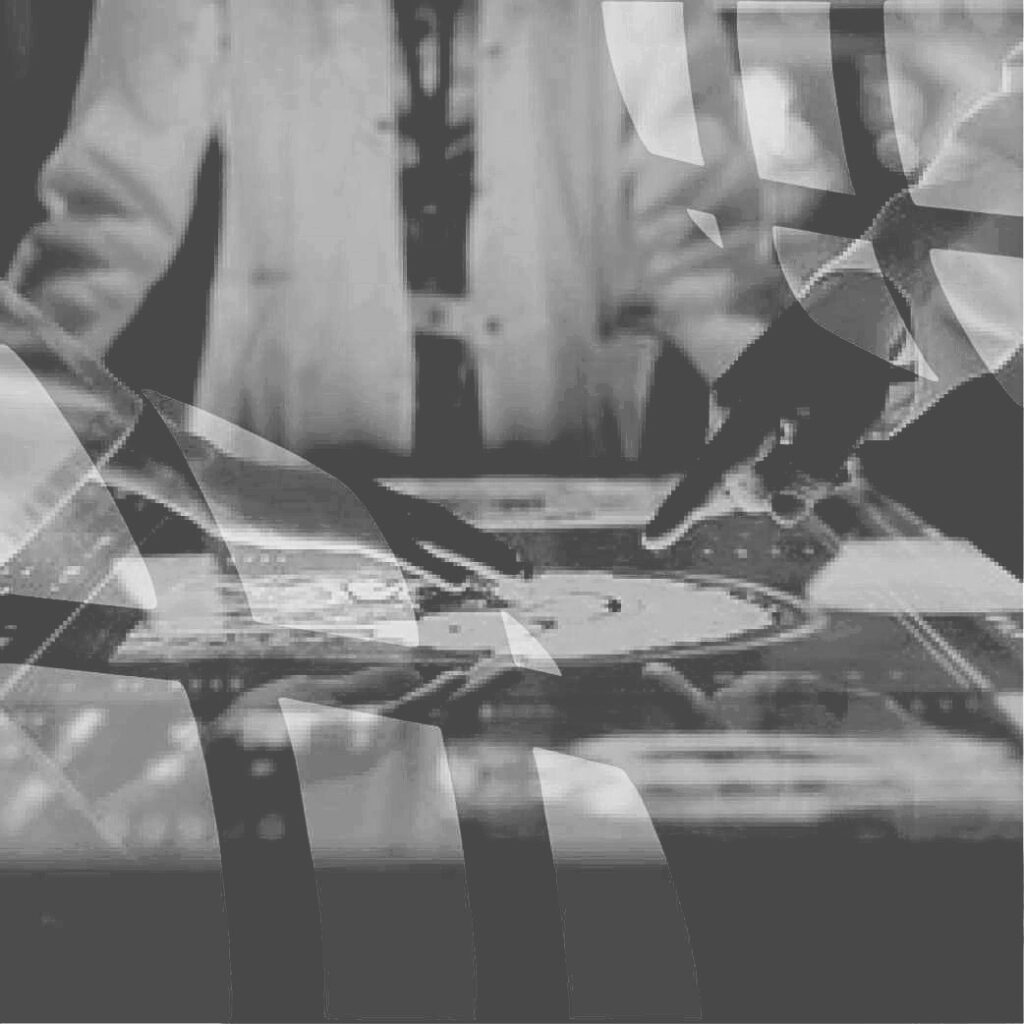
Lack of epidemiological data, especially in low- and middle-income countries (LMIC)
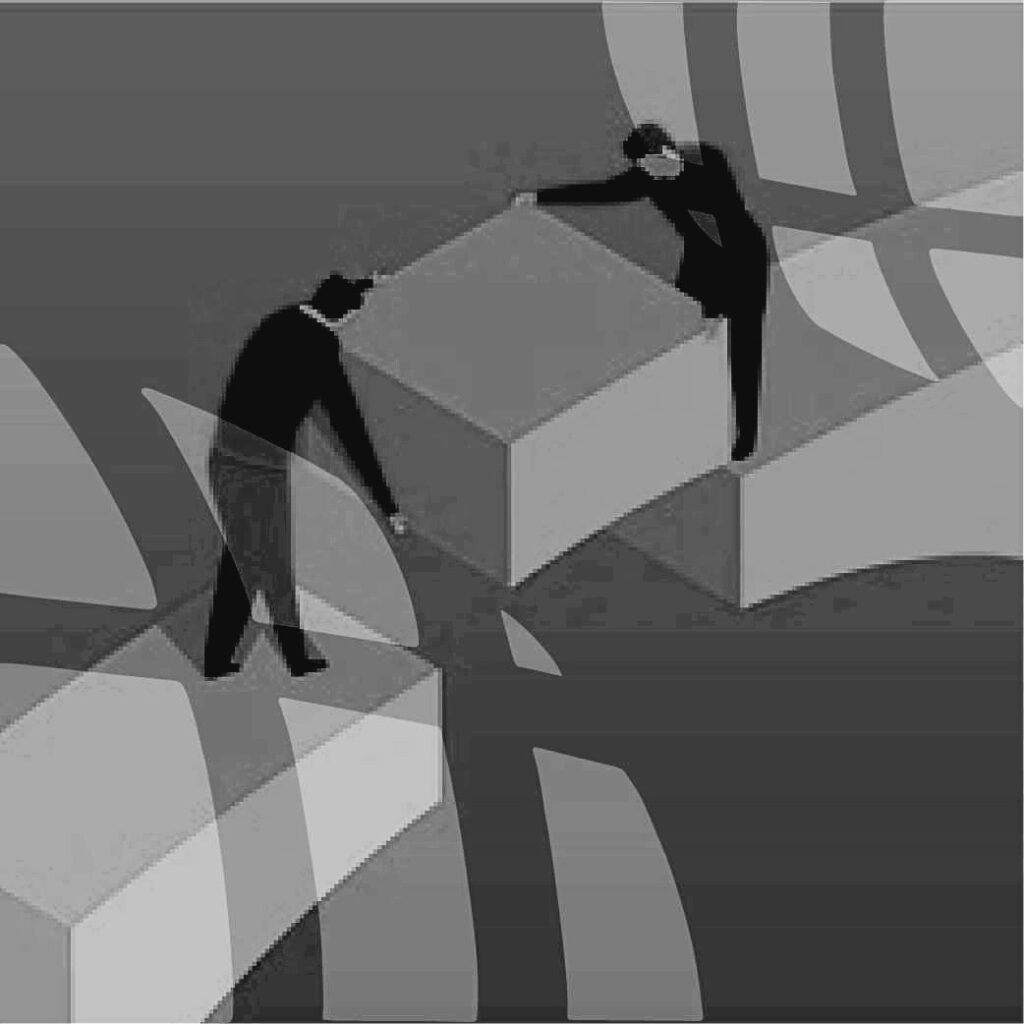
Short-term treatment focus

Treatment nihilism about cognitive, behavioural and depressive disorders in acute care
Organizational
Problems:
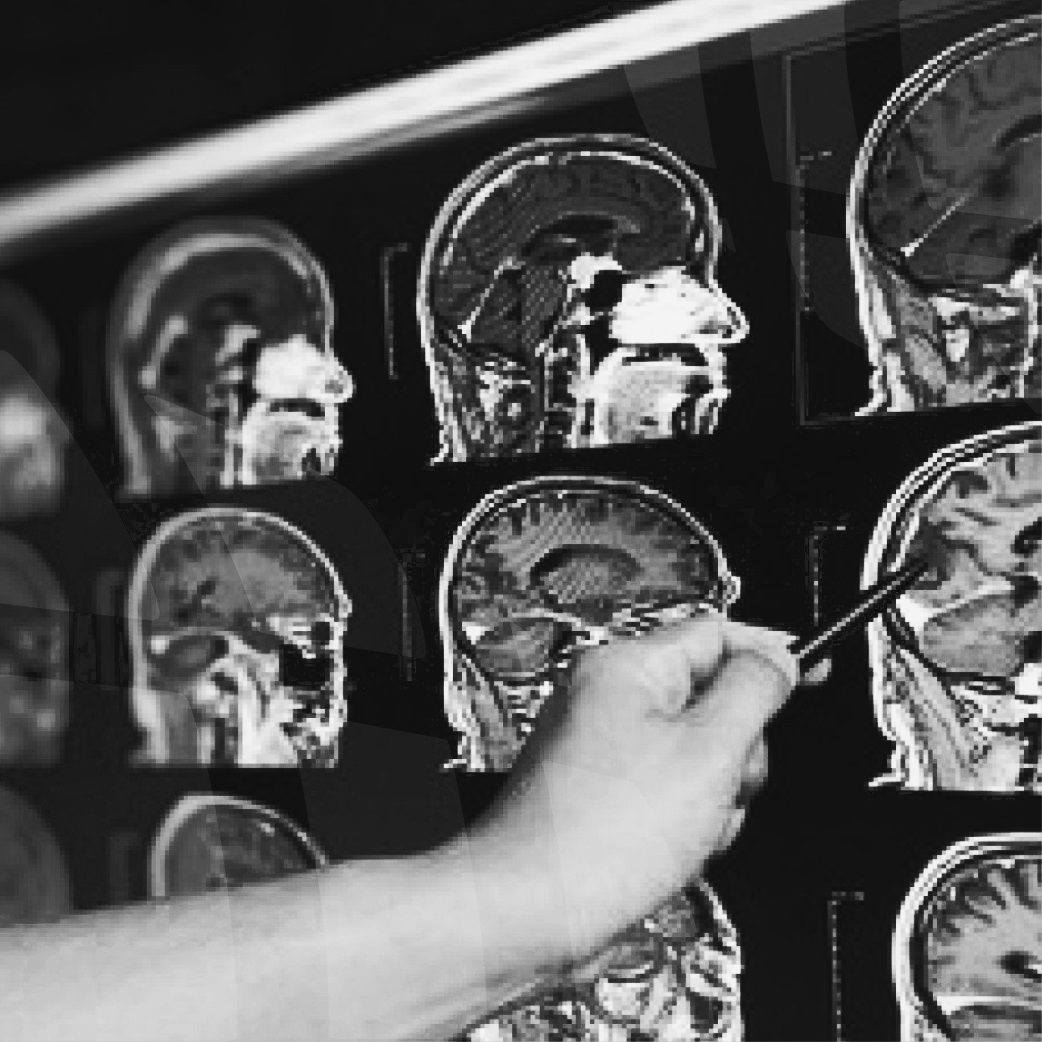
Lack of information flow about patient long-term needs
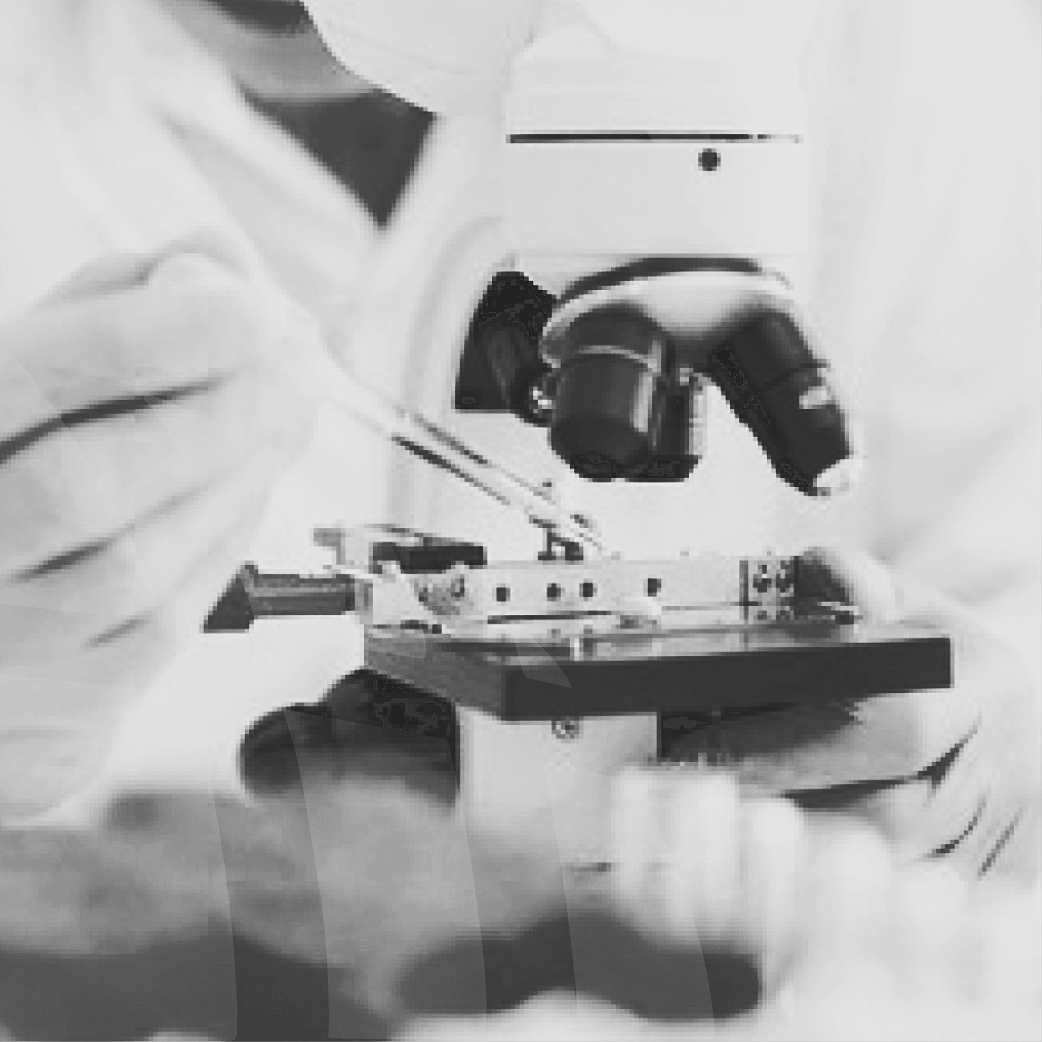
Lack of specialists (e.g. in rehab)
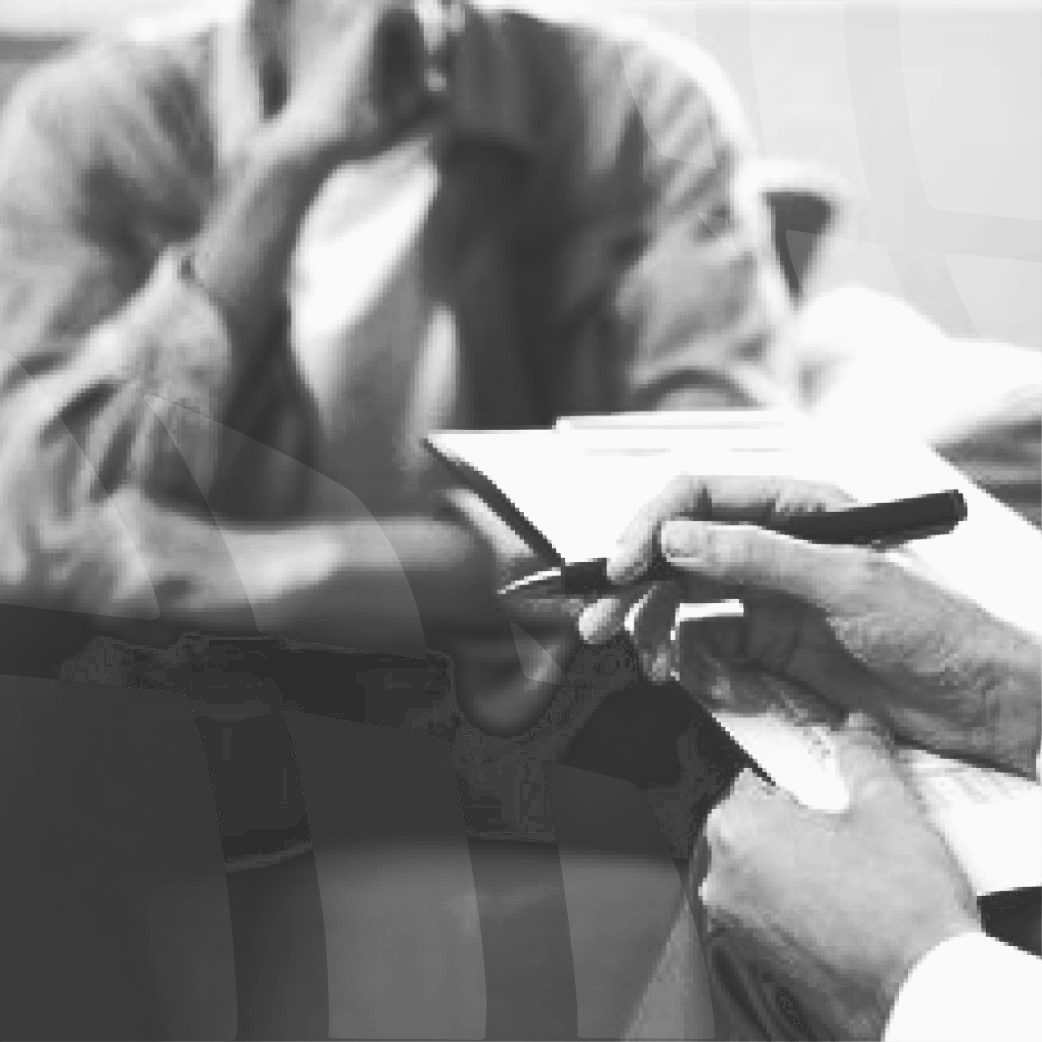
Lack of follow-up visits
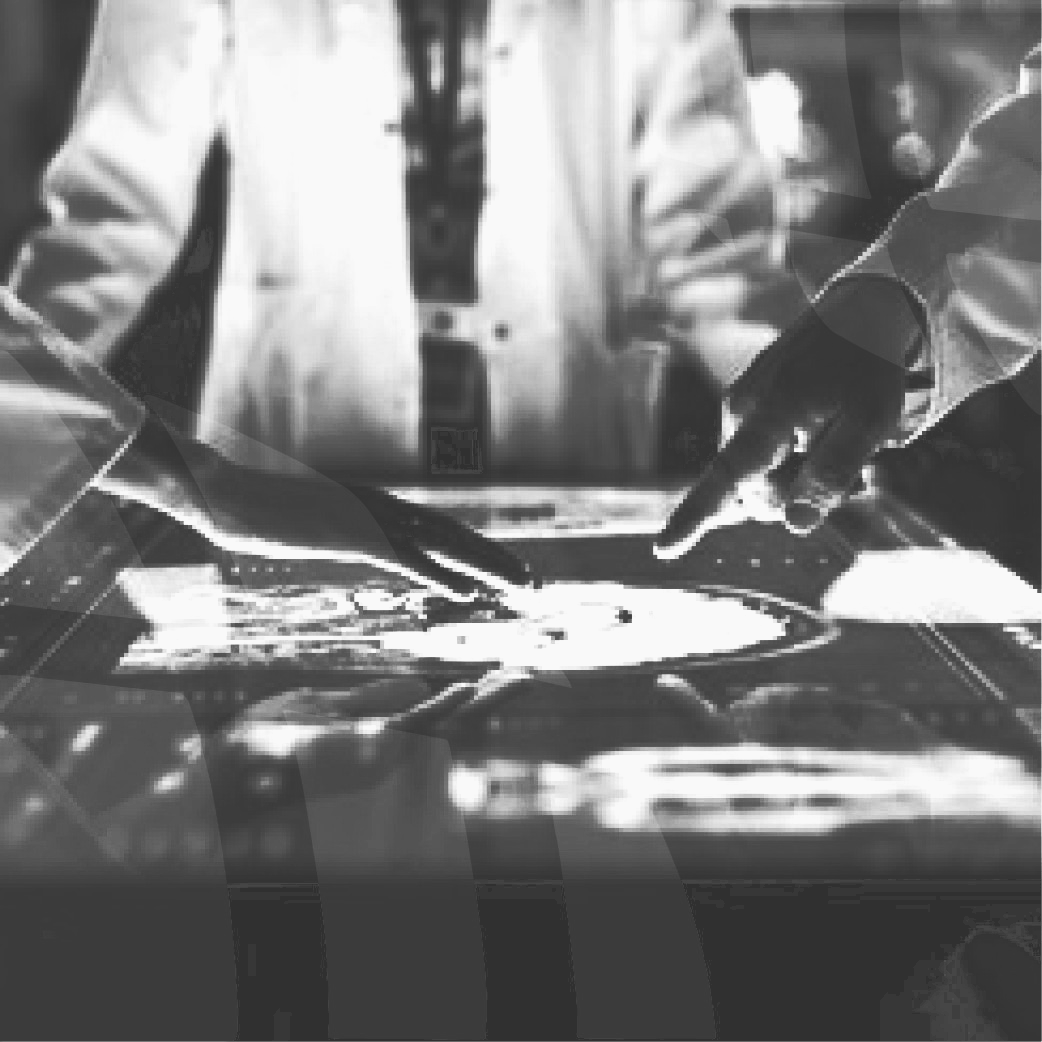
Lack of collaboration between medical specialists involved in patient‘s
'Chain of Recovery'
NTSC Extended | AMN Intensives
NTSC Extended | AMN Intensives are 1 full day training programs in the management of neurotrauma cases that follow the principle of the ‘Patient Pathway’ to recovery, addressing concerns in each stage, from acute care to long-term neurorehabilitation.
What are the objectives of NTSC Extended | AMN Intensives?
Manage the lack of collaboration between medical specialists involved in patient‘s 'Chain of Recovery'
Outline the importance of multidisciplinary teams working within a multidimensional approach
Reduce the treatment nihilism about cognitive, behavioral and depressive disorders in acute care
Agree on the most important quality indicators of care
Educate on key complications in neurotrauma
How did NTSC NTSC NTSC begin?
Three years ago, a one-of-a-kind program in neurotrauma launched in Vienna, Austria. The first Neurotrauma Treatment Simulation Center (NTSC) was established to revolutionize how neurosurgeons, neurologists, emergency physicians, anesthesiologists and rehabilitation specialists approach cases of neurotrauma from early intervention to comprehensive neurorehabilitation.
Unlike traditional training, this intensive five-day program immersed an international group of participants in the daily operations of Austria's leading healthcare institutions. Moving beyond knowledge-sharing and hands-on skills, its core mission was to foster multidisciplinary teamwork and shared perspectives, refining coordination and decision-making to ultimately improve patient survival, outcomes, and long-term quality of life.
After three successful annual iterations, the program's scope expanded and evolved into a global, on-site initiative known as NTSC Extended | AMN Intensives . Now condensed into one-day comprehensive training, this new-born program launched successfully in 2025 with its first two intensives in Bangkok and Hanoi, bringing cutting-edge neurotrauma training directly to regional teams in Asia.
In the coming years, we are committed to global expansion, uniting every specialist involved in the neurotrauma 'Chain of Recovery'—from first responders to rehabilitation experts—to raise the standard of multidisciplinary care for neurotrauma patients.
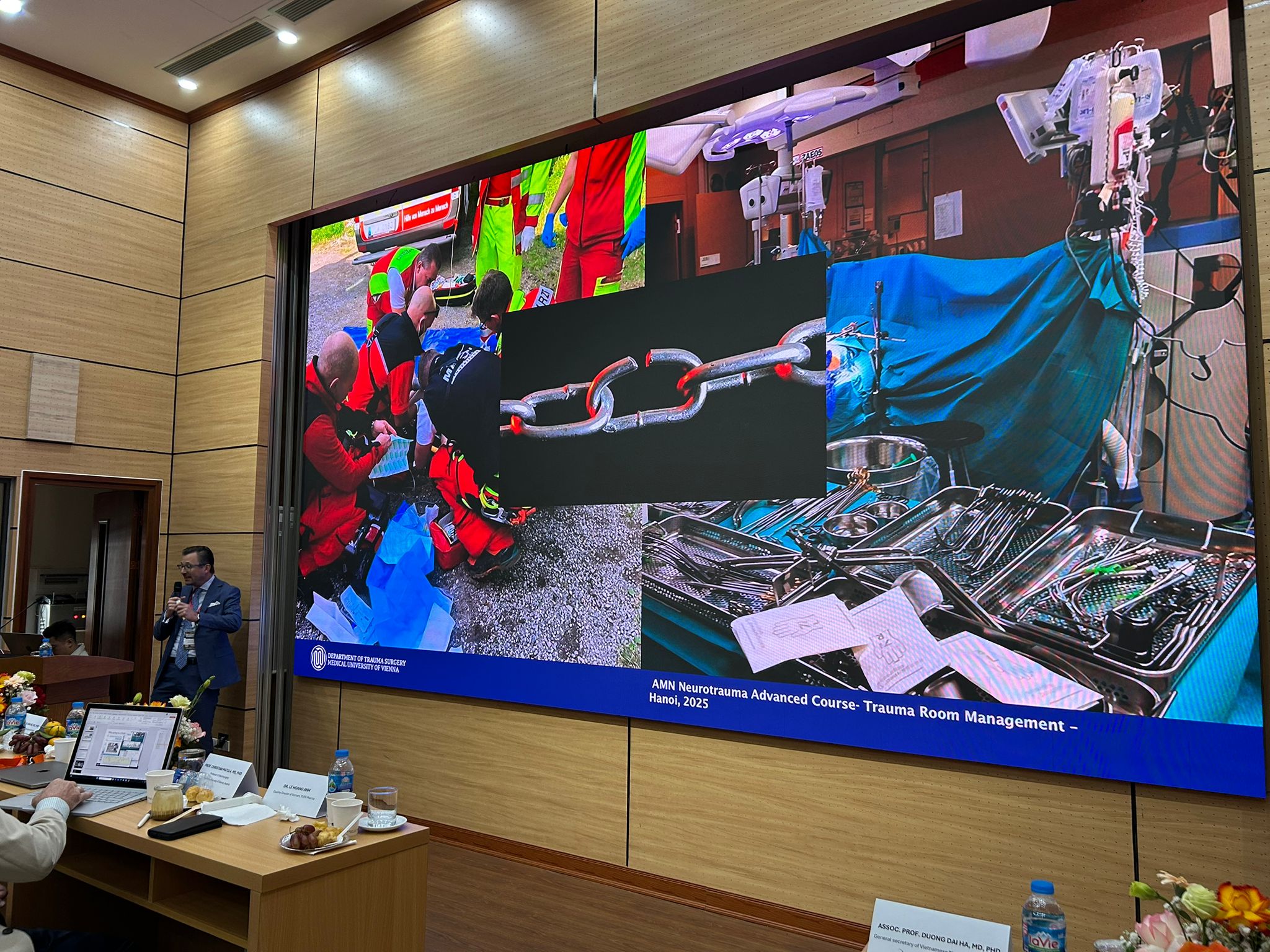
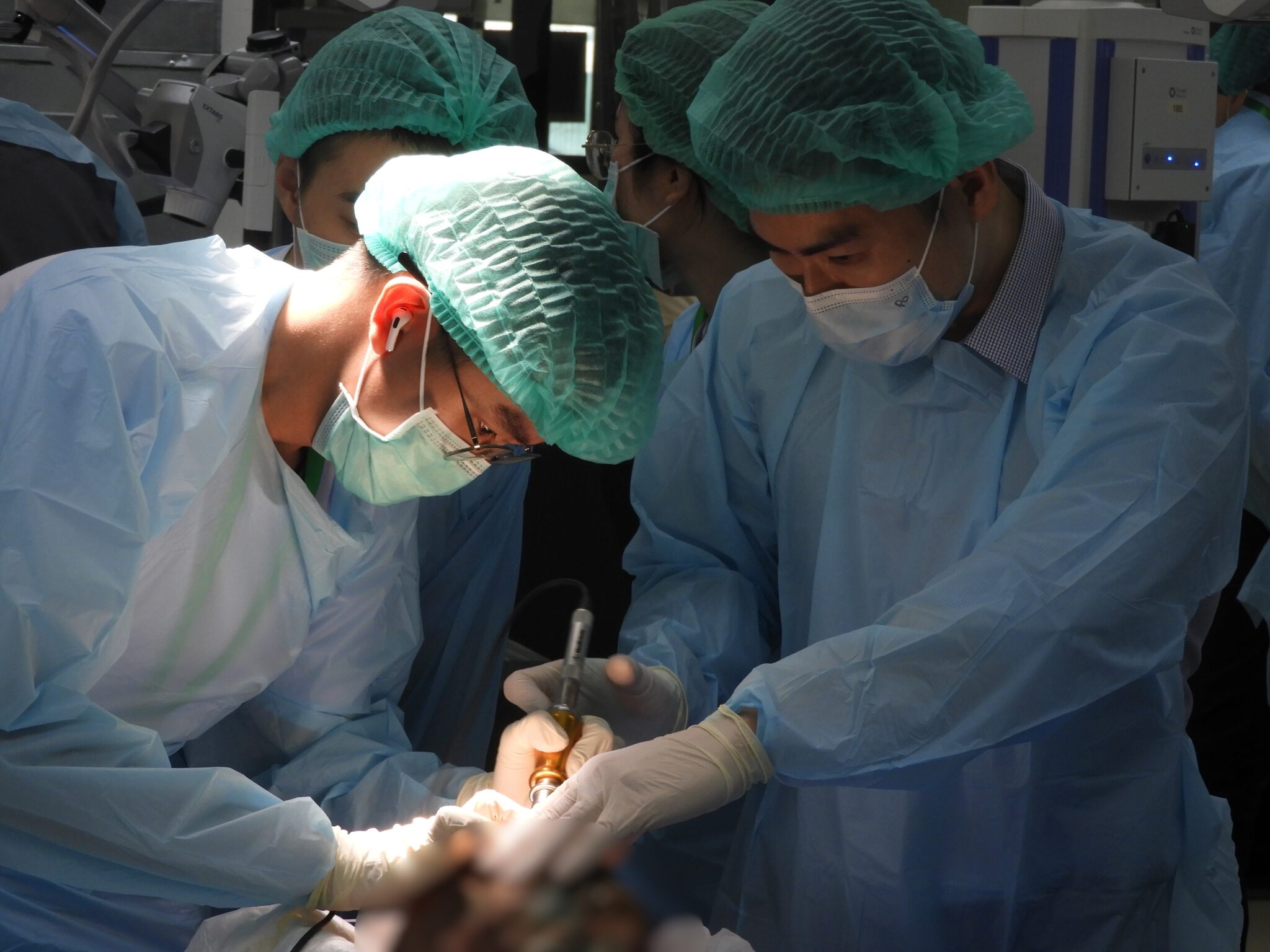
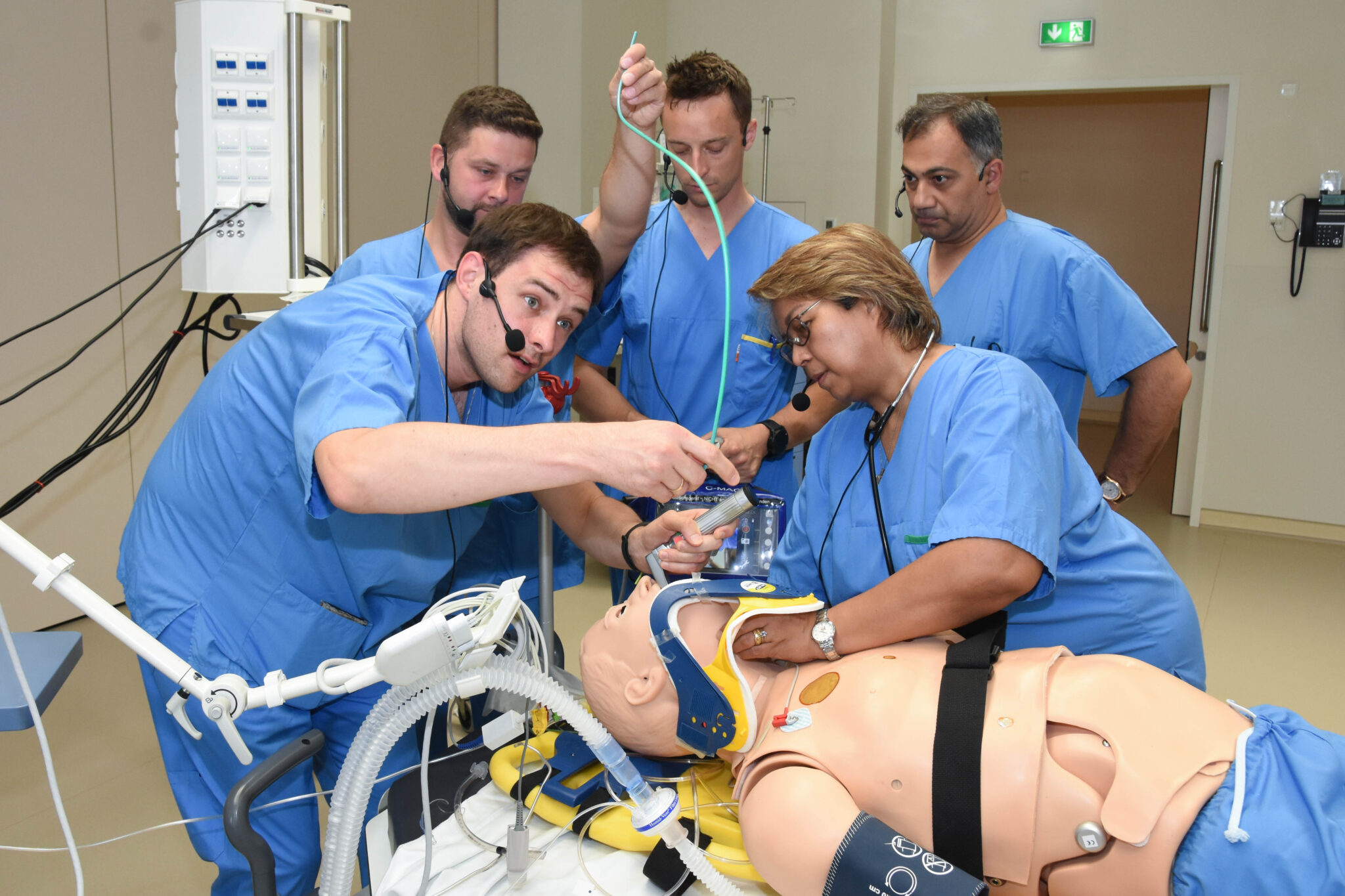
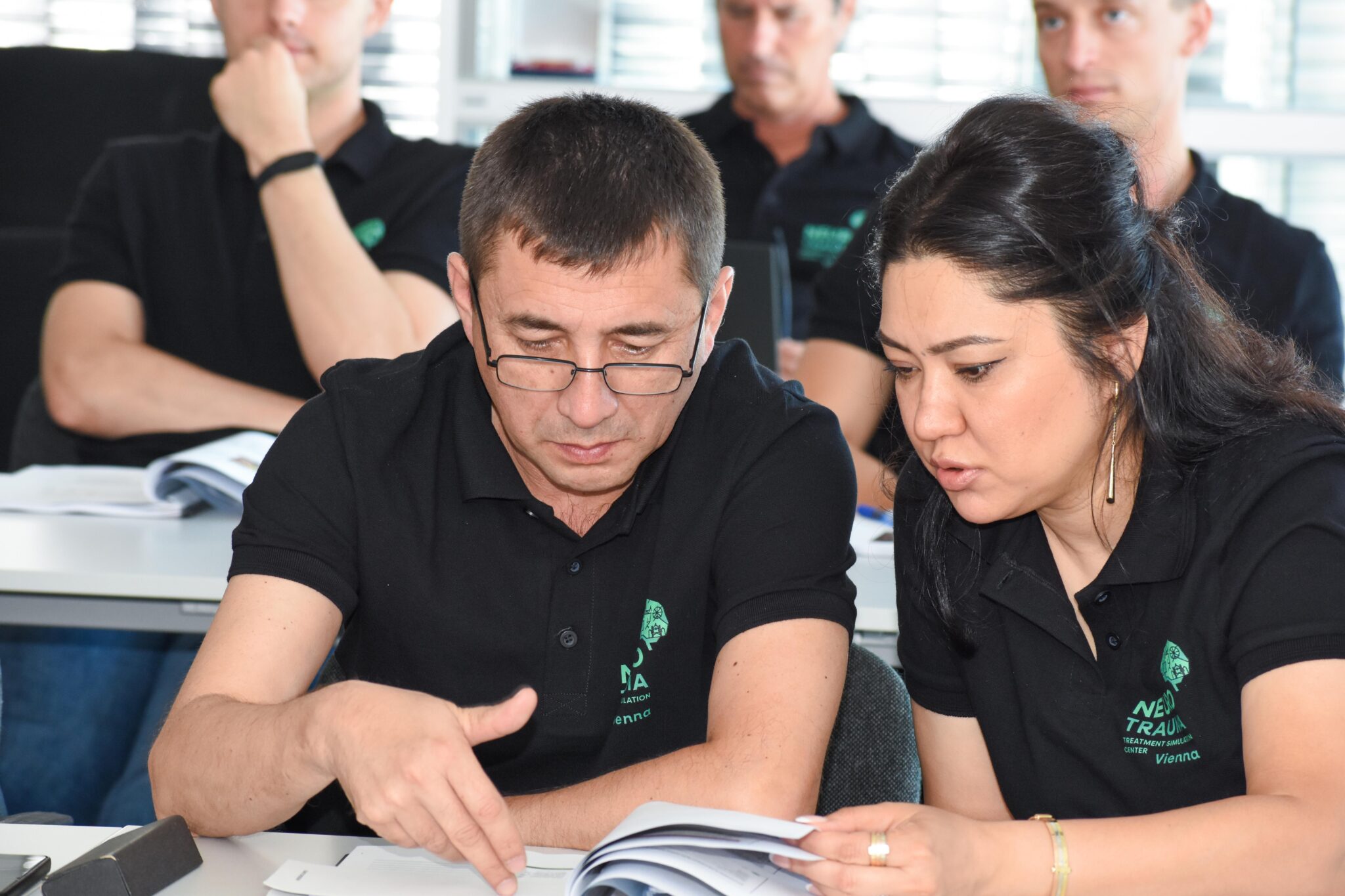
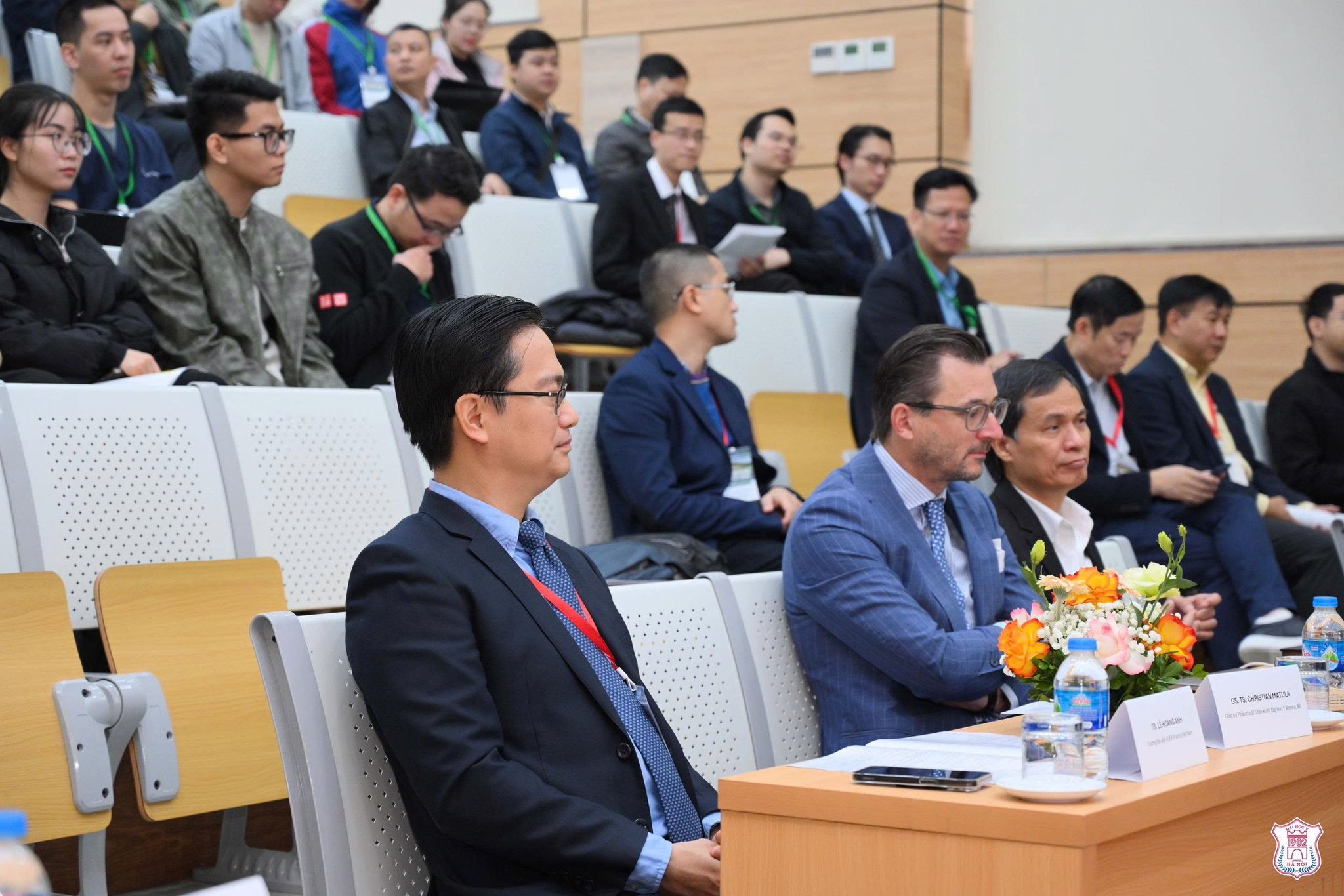
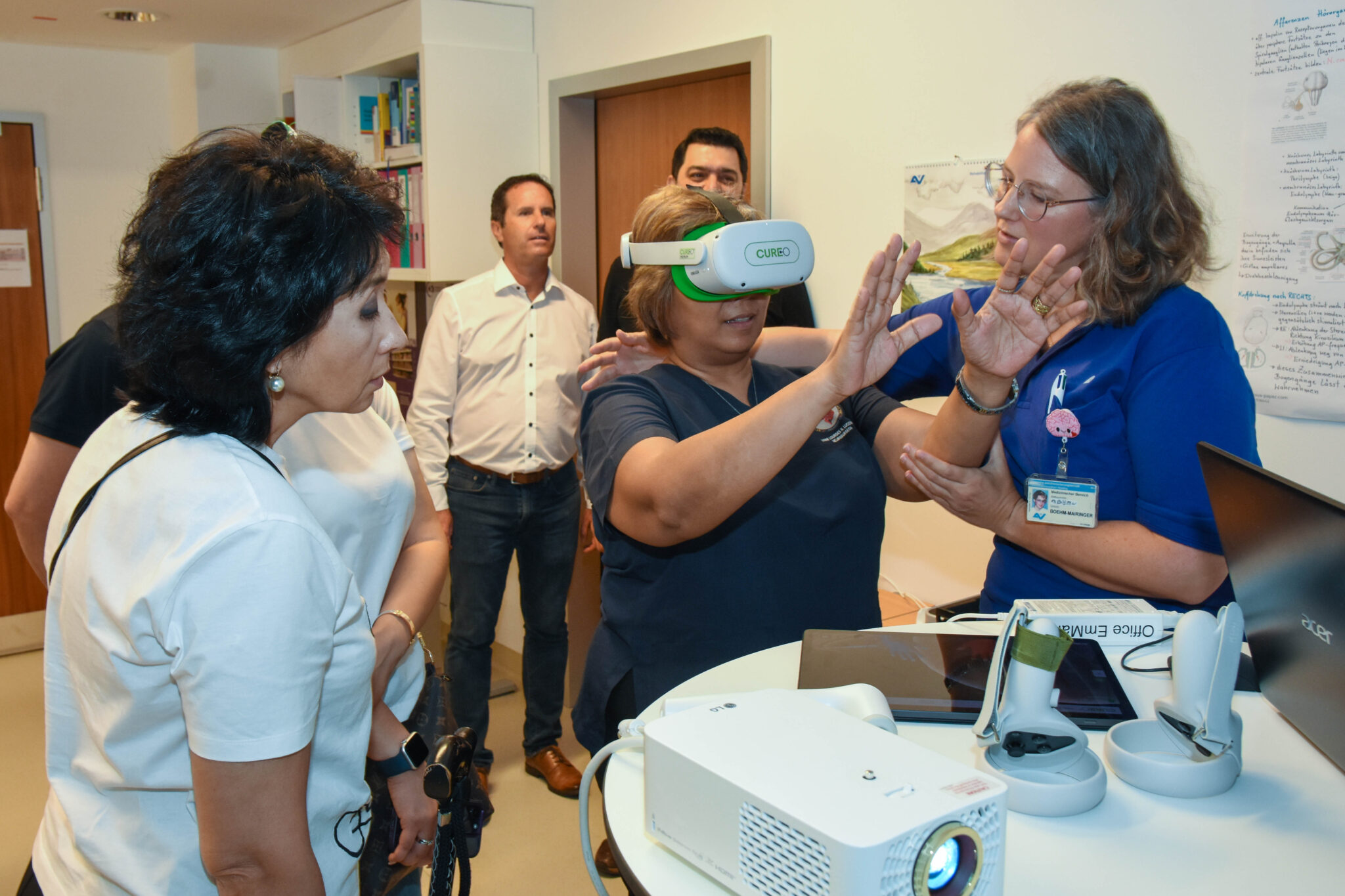
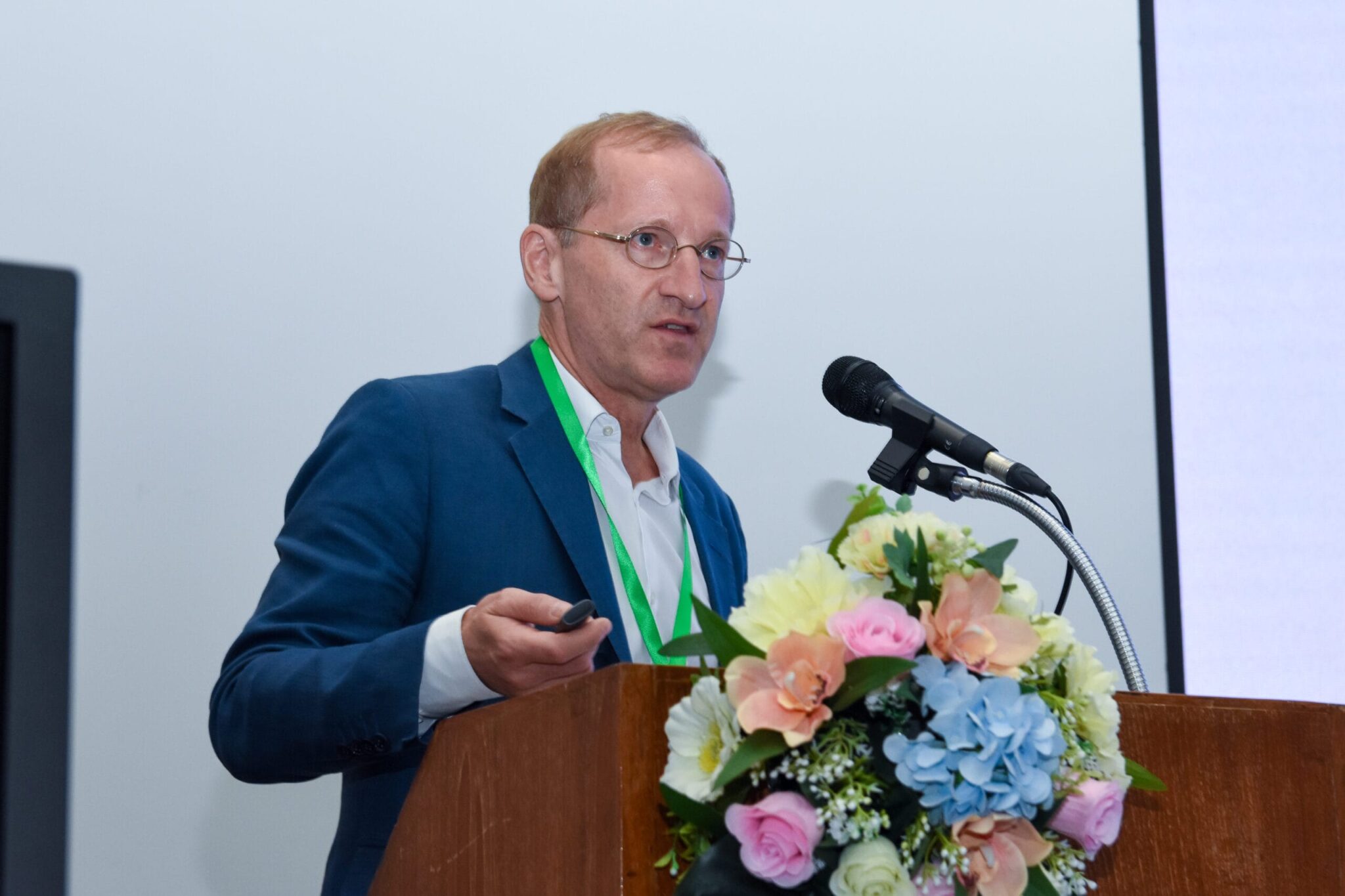
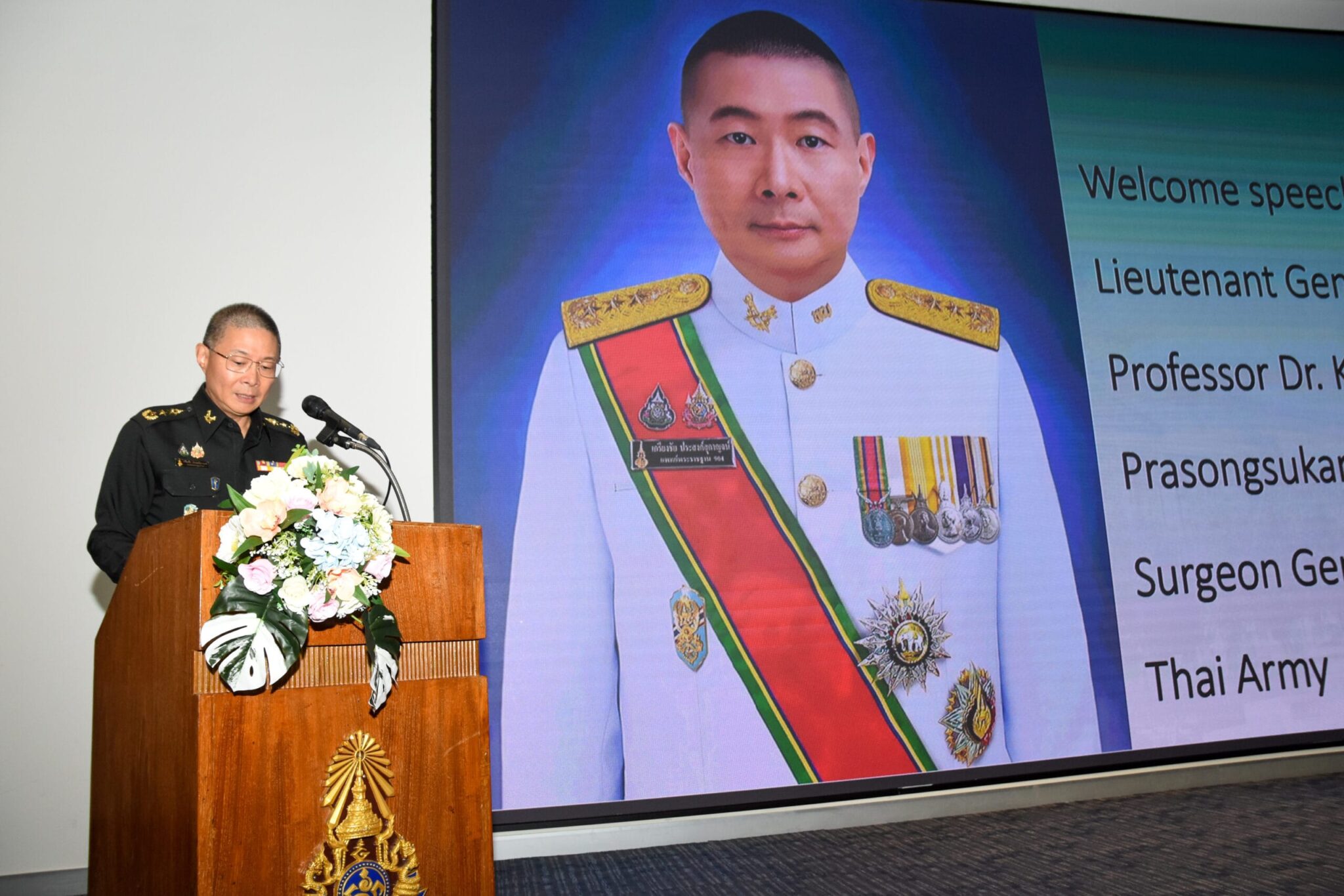
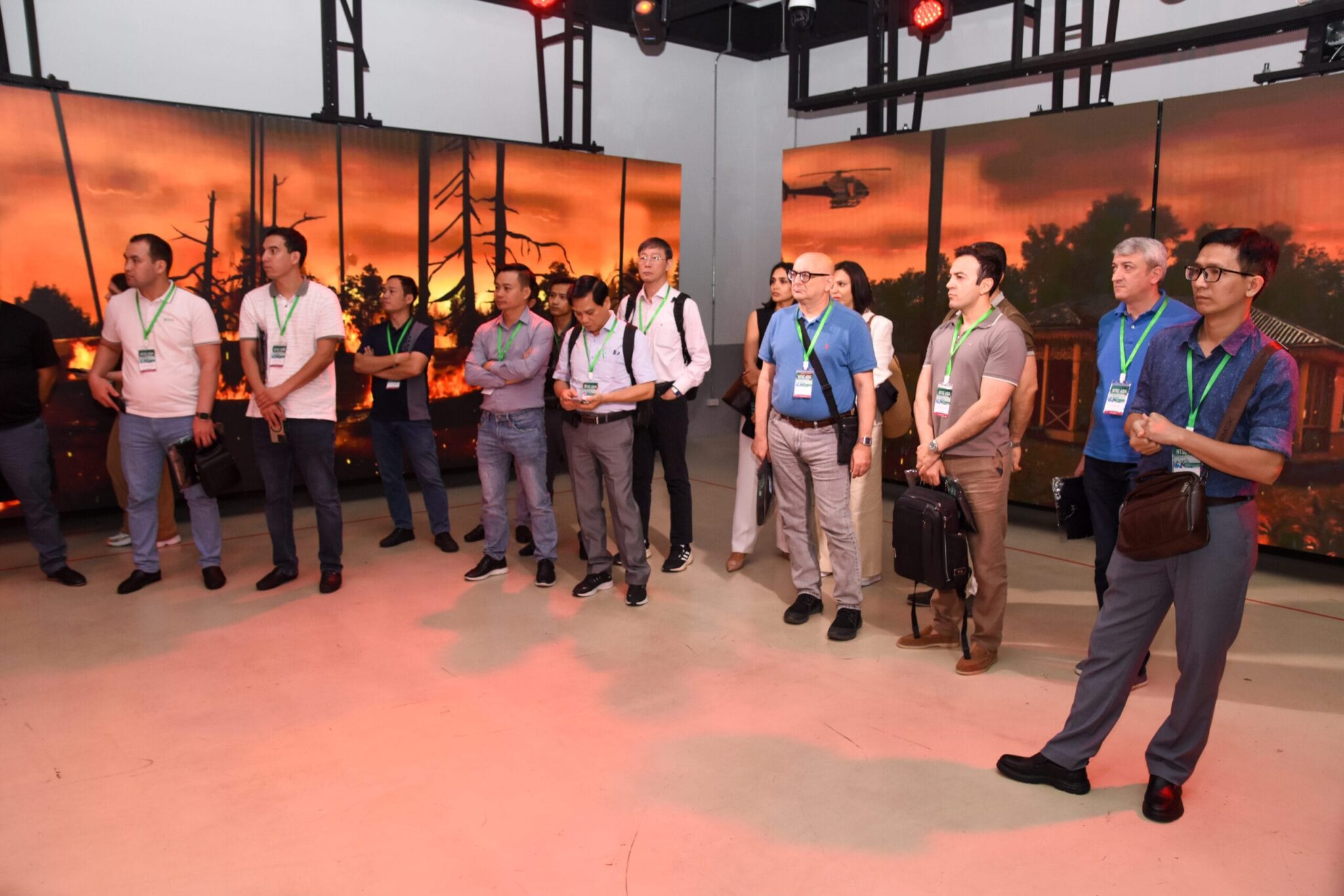
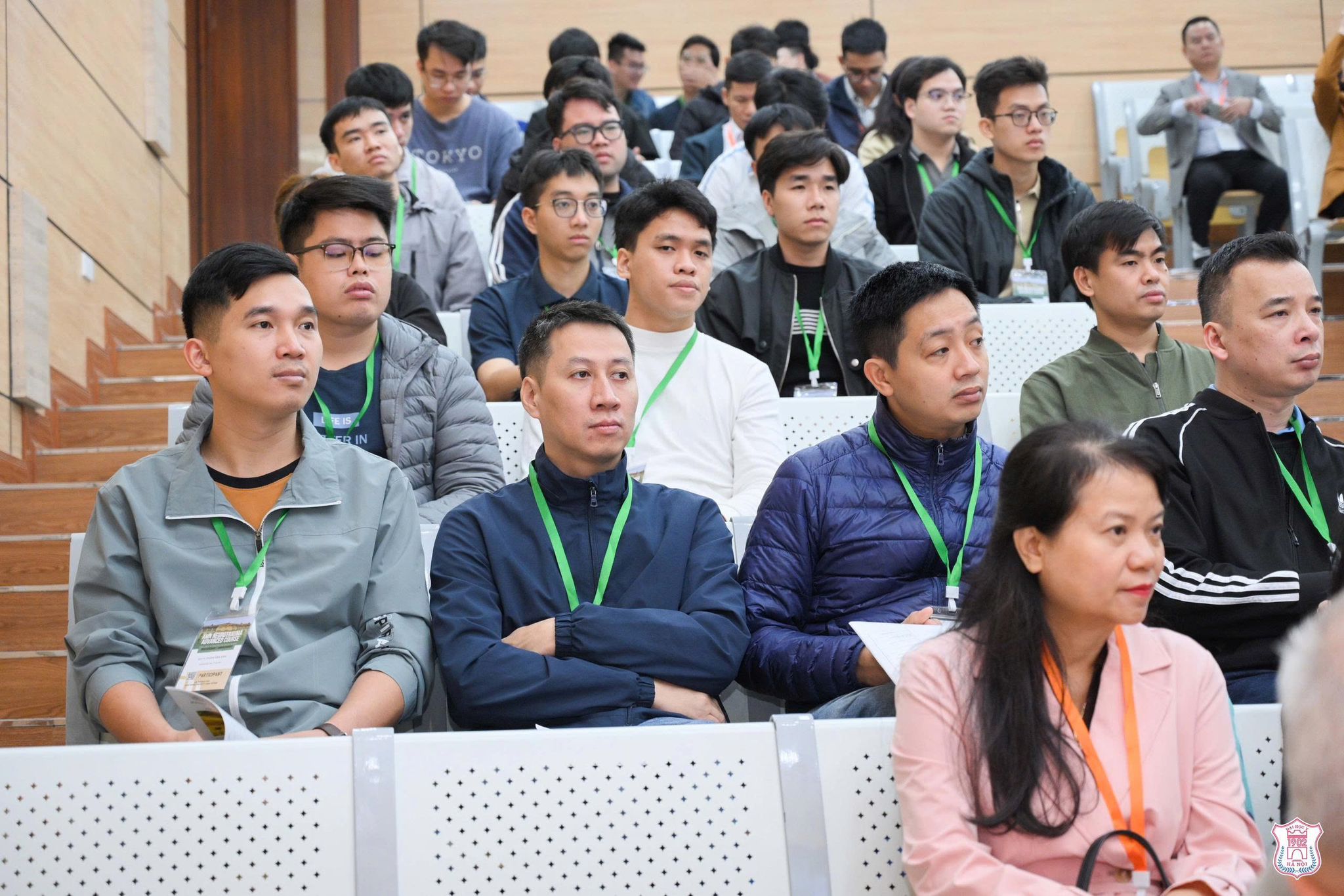
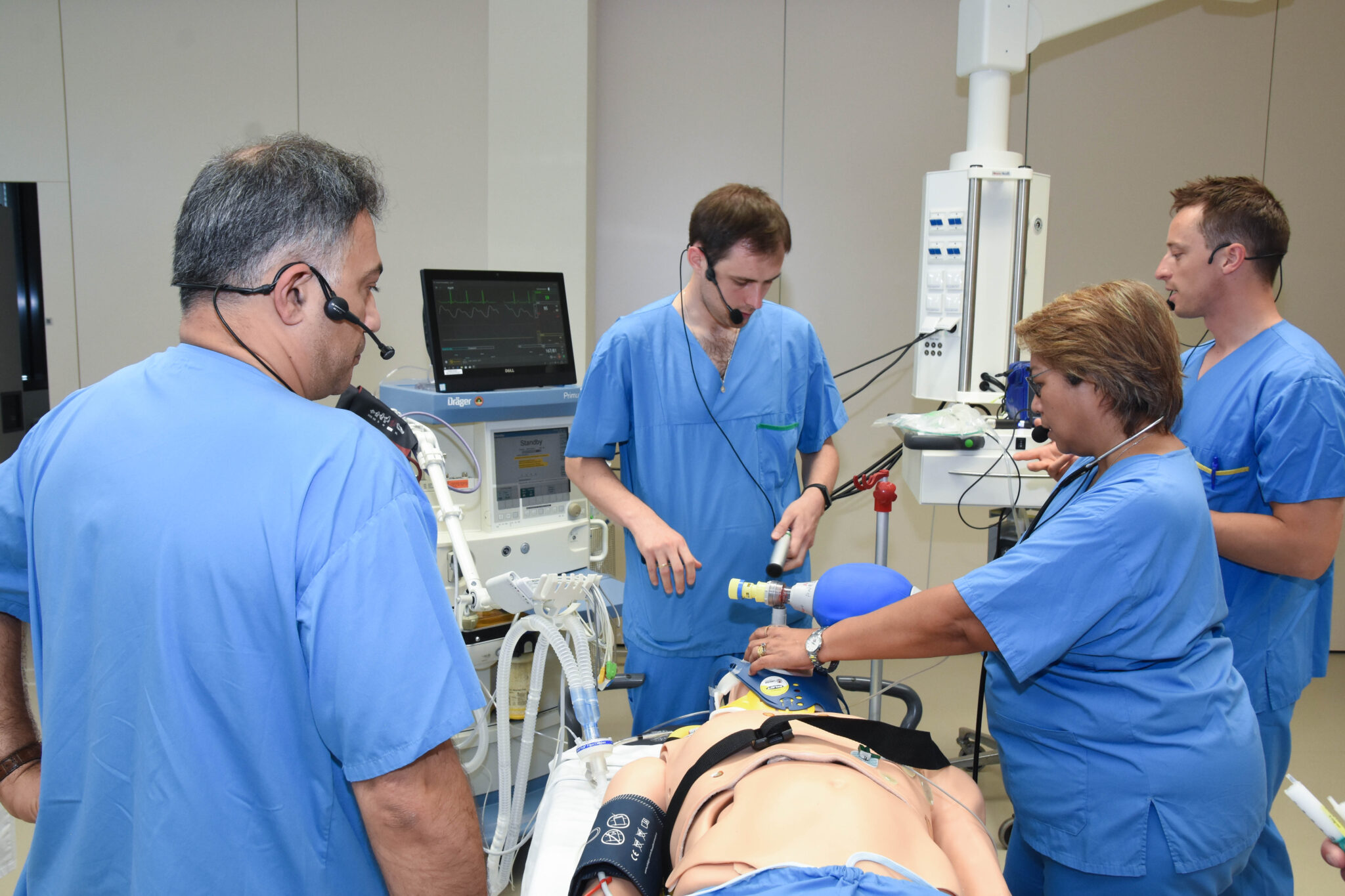
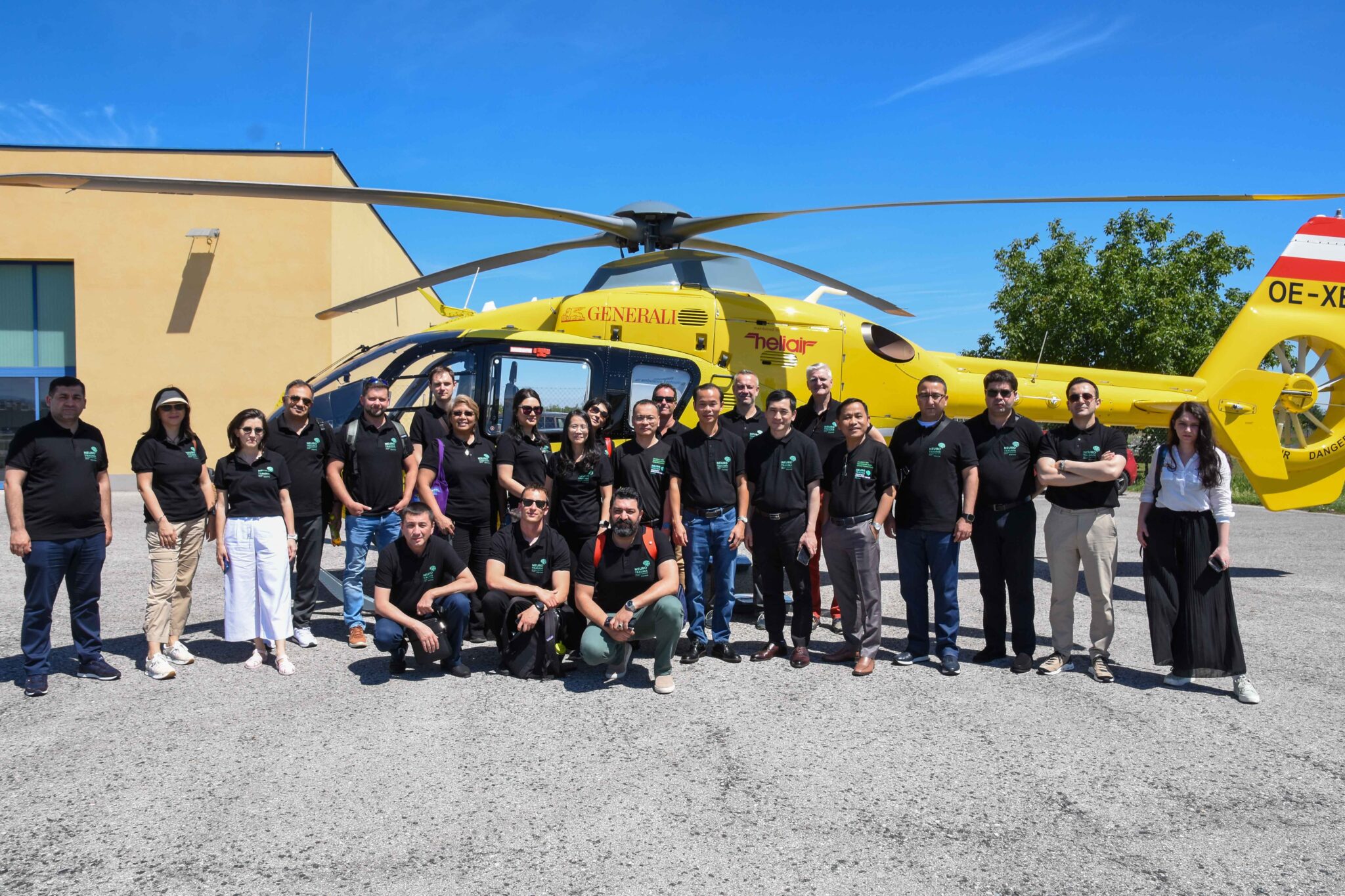
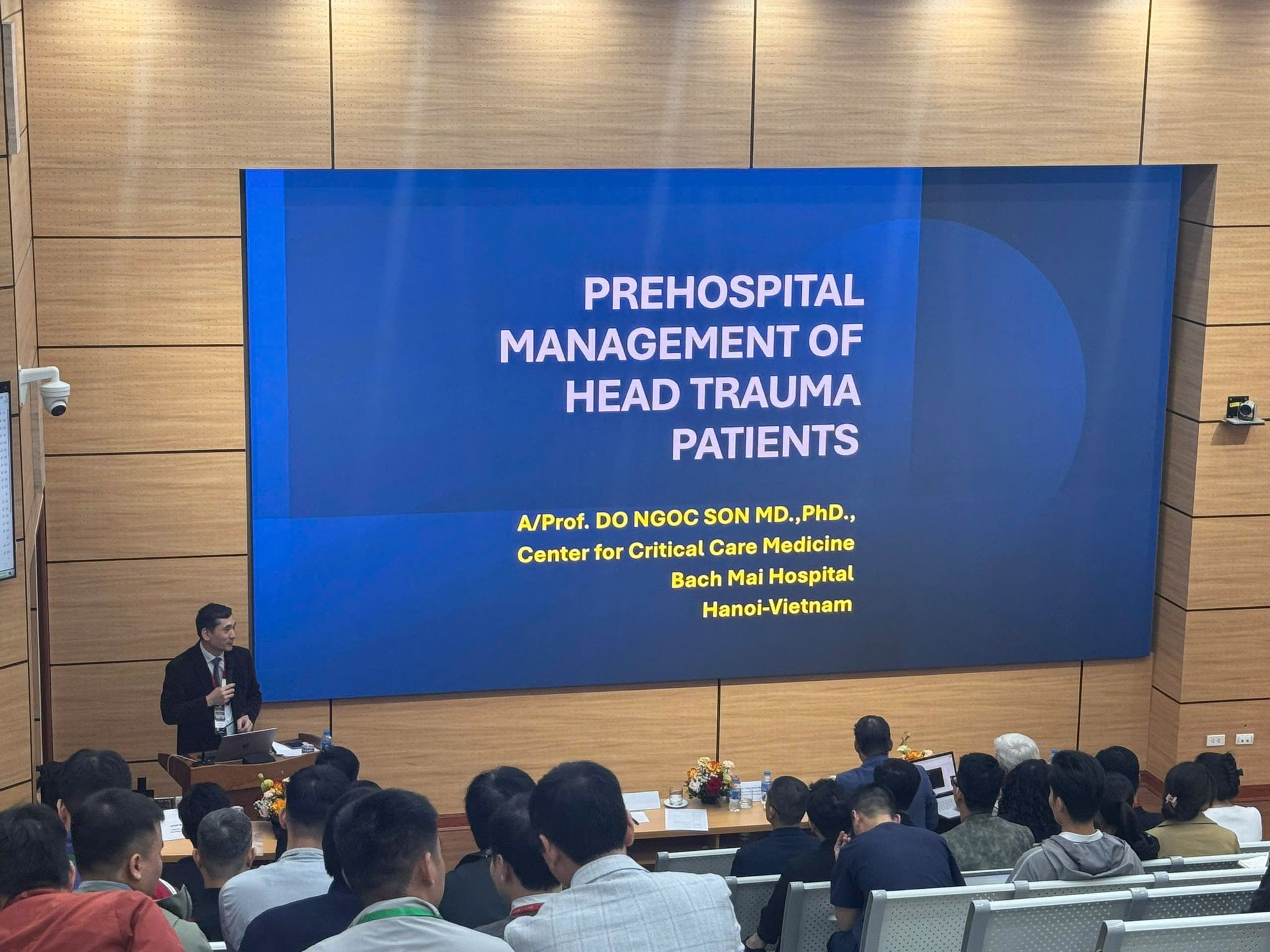
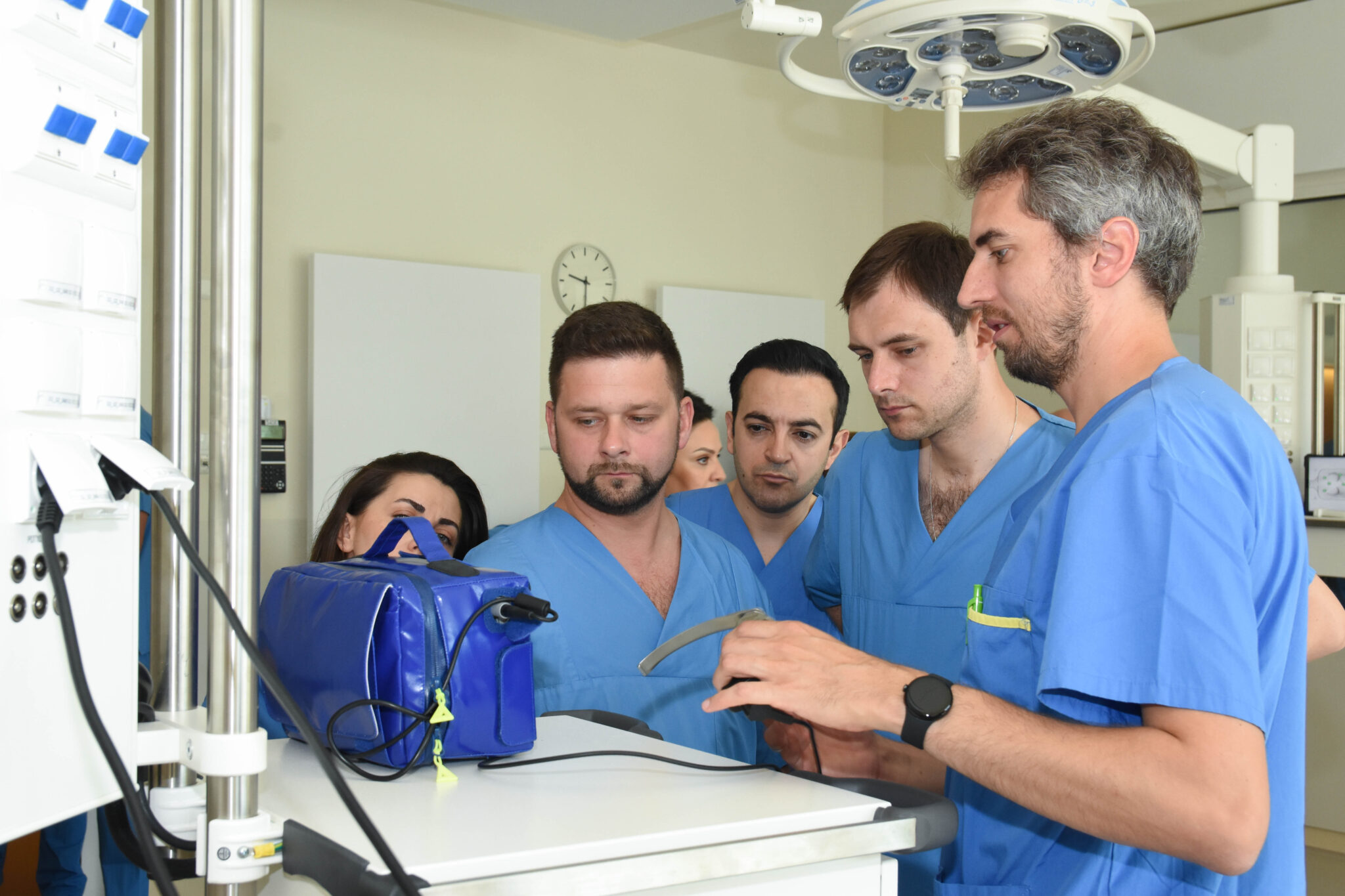
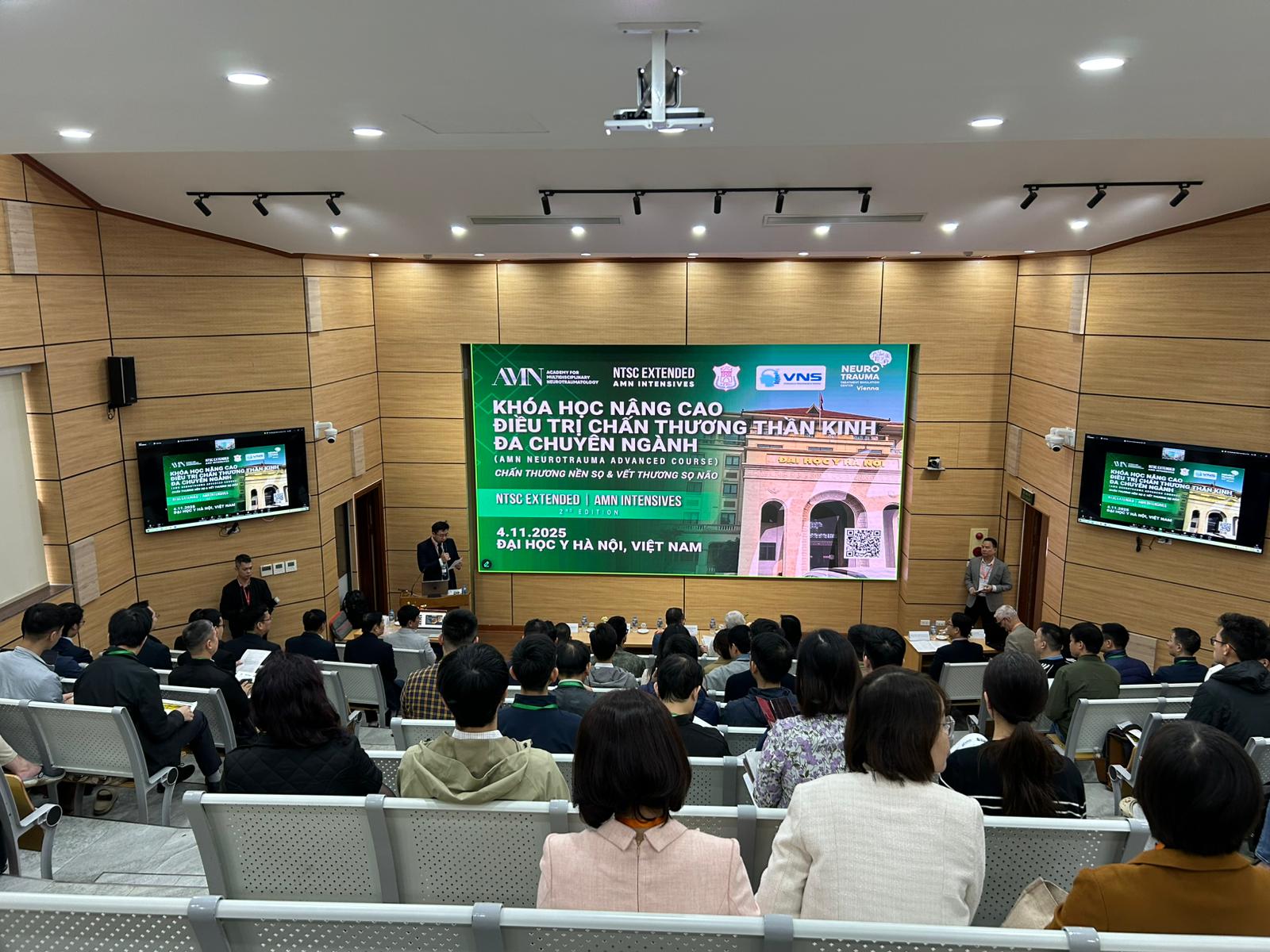
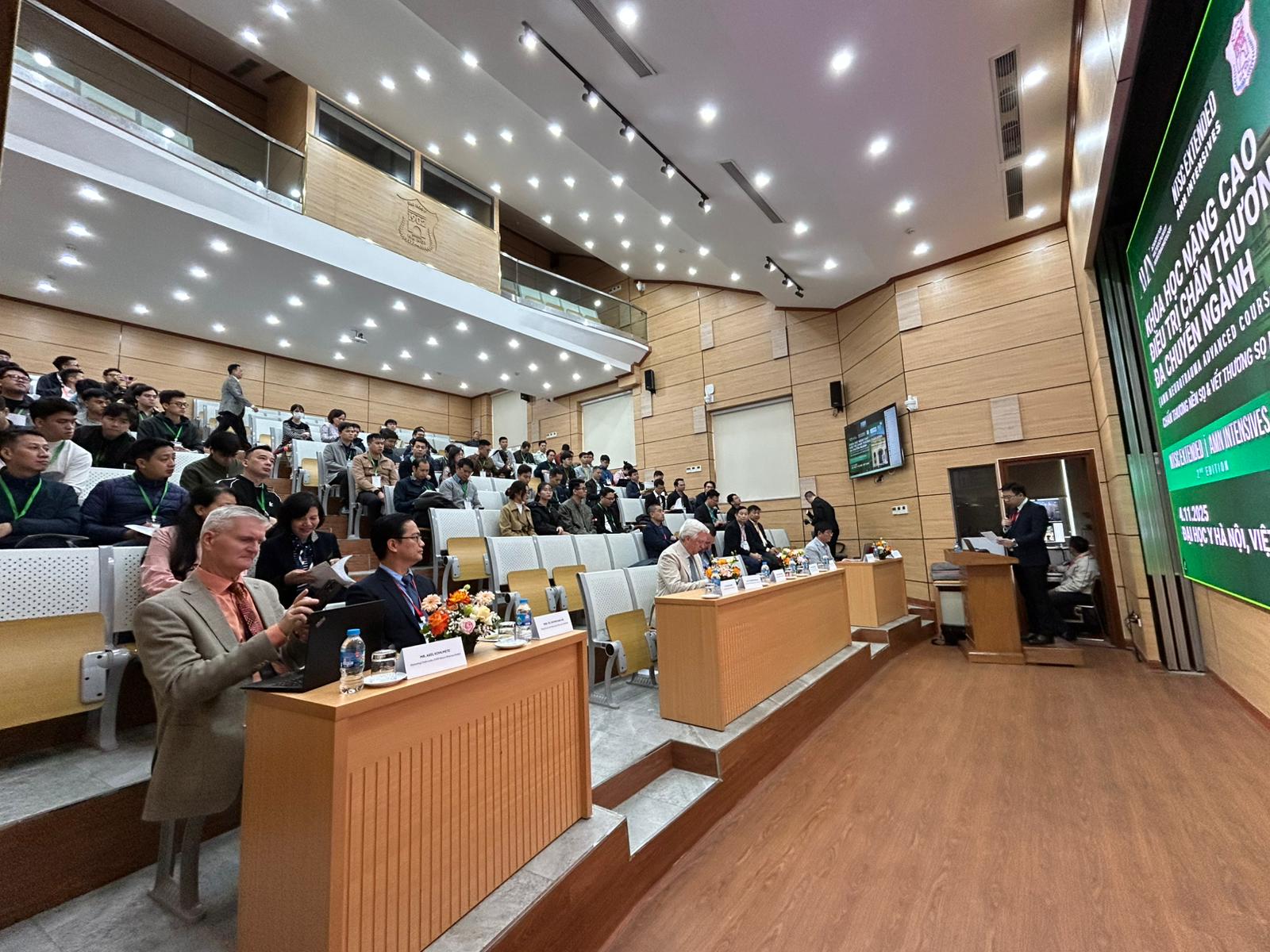
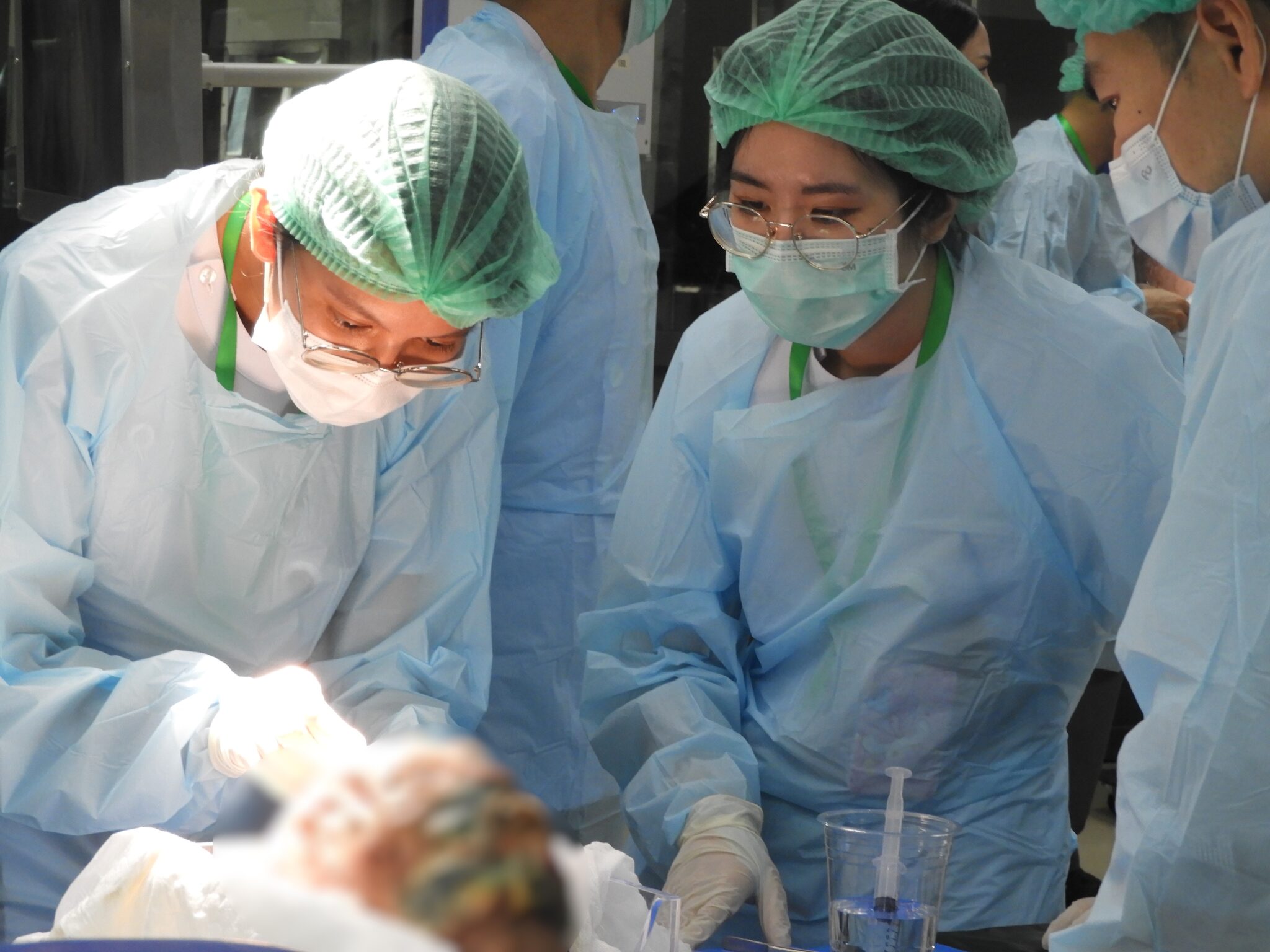
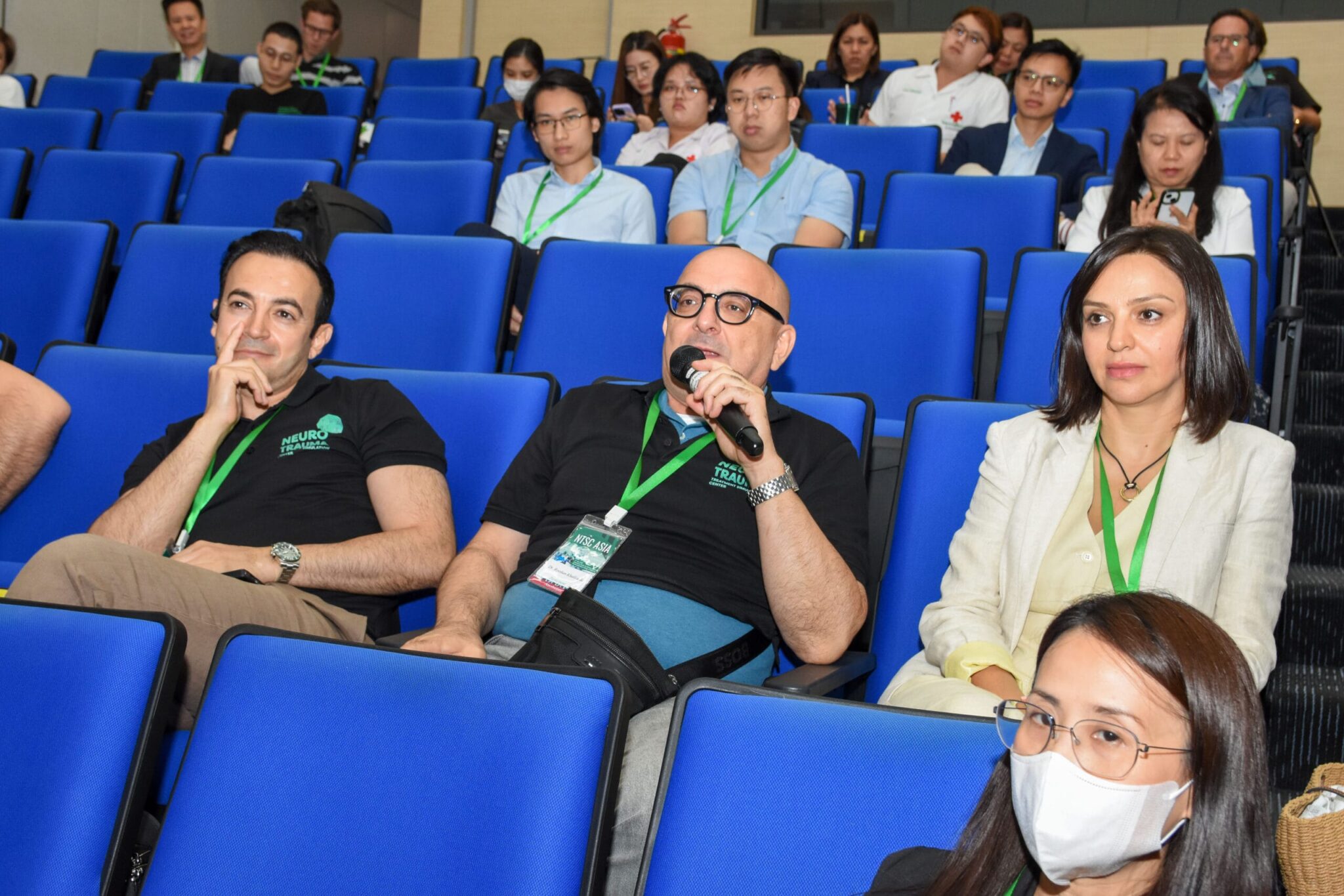
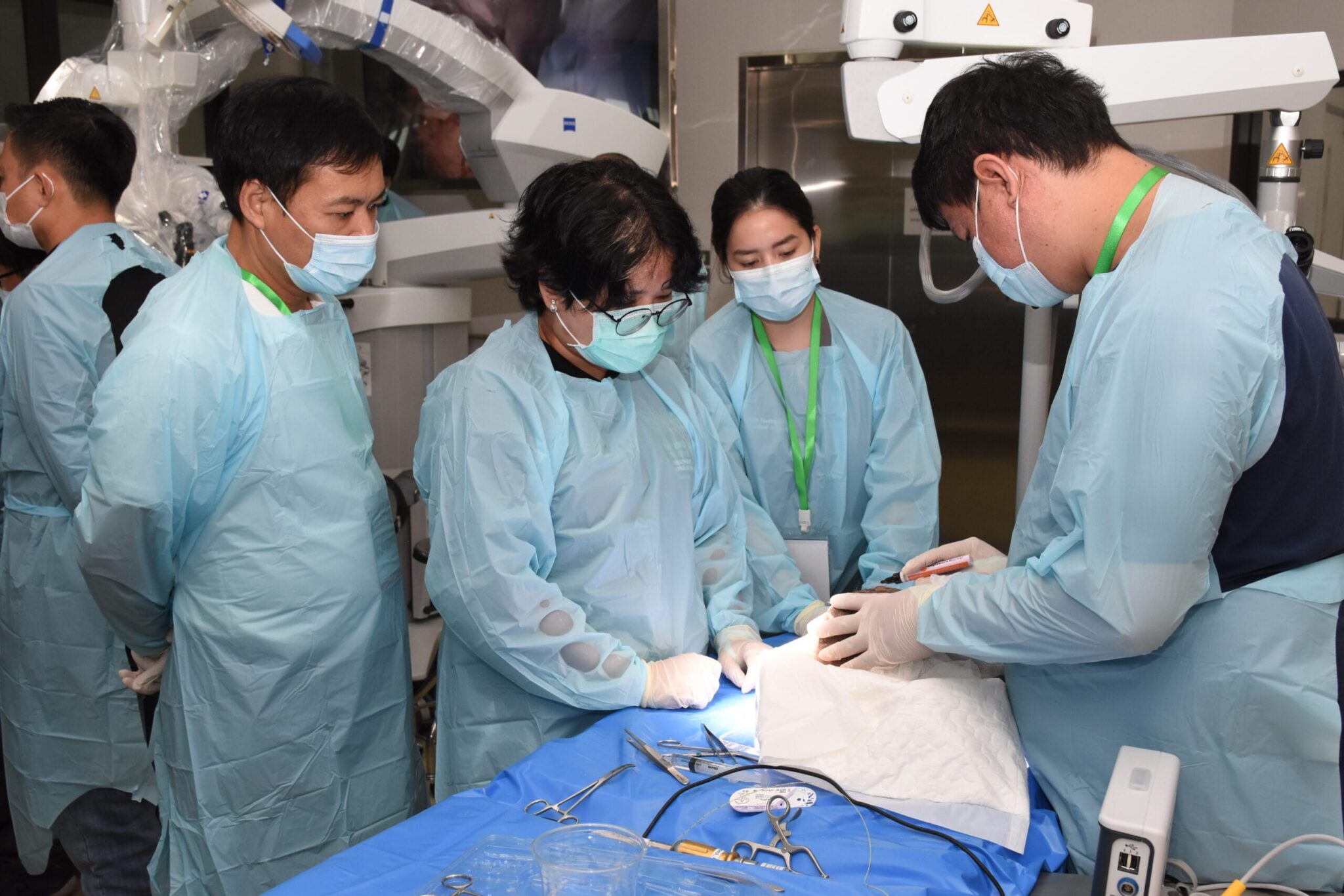
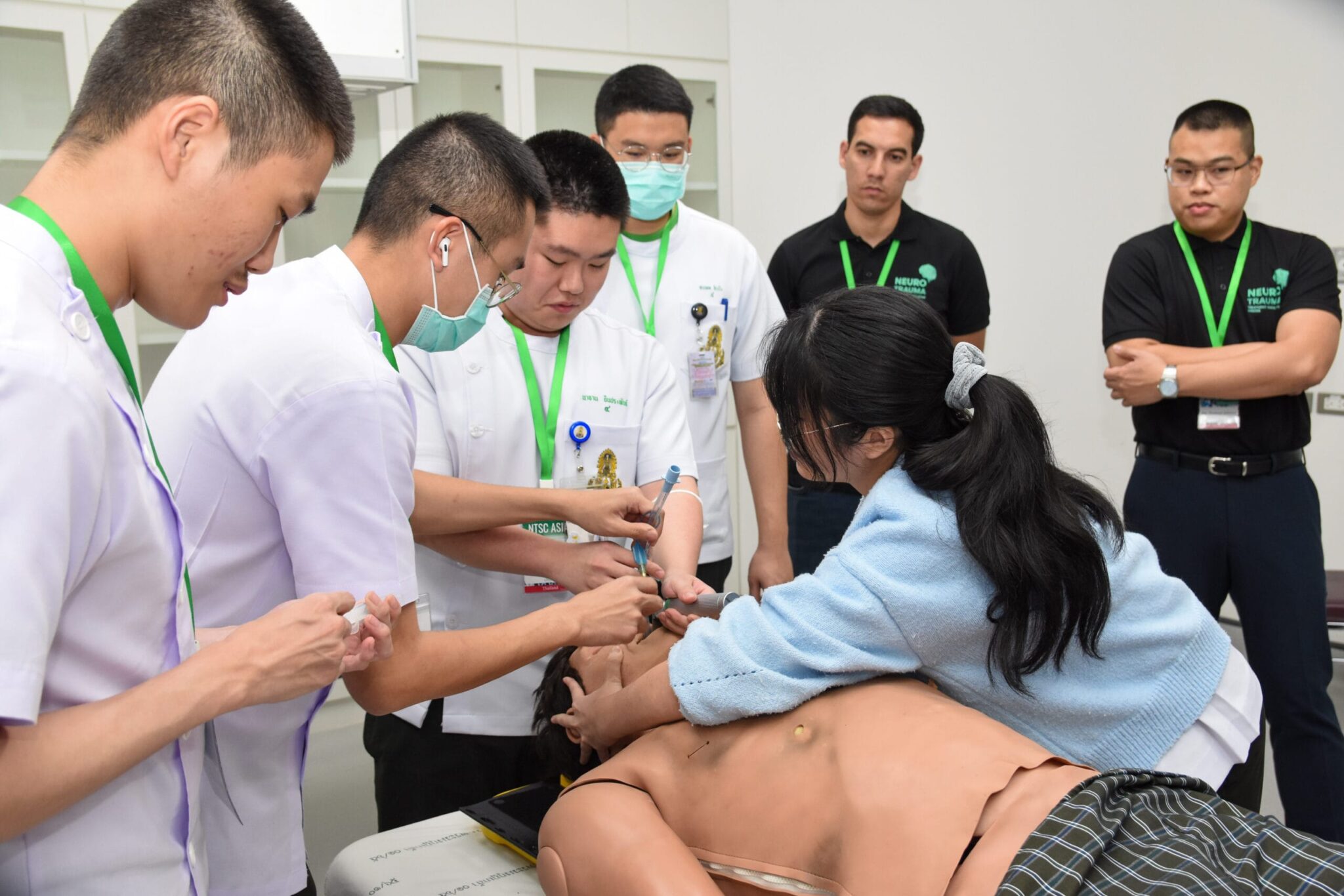
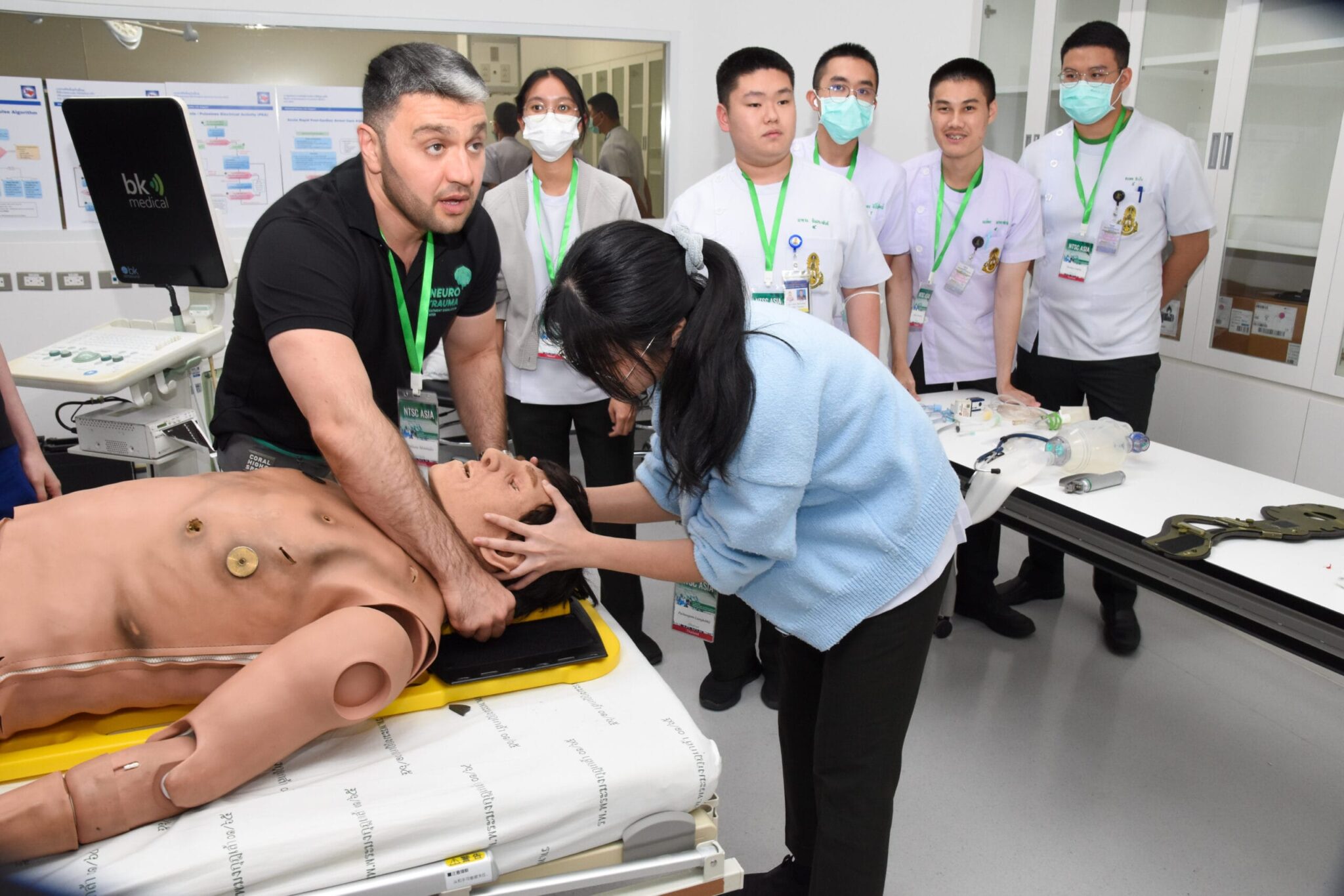
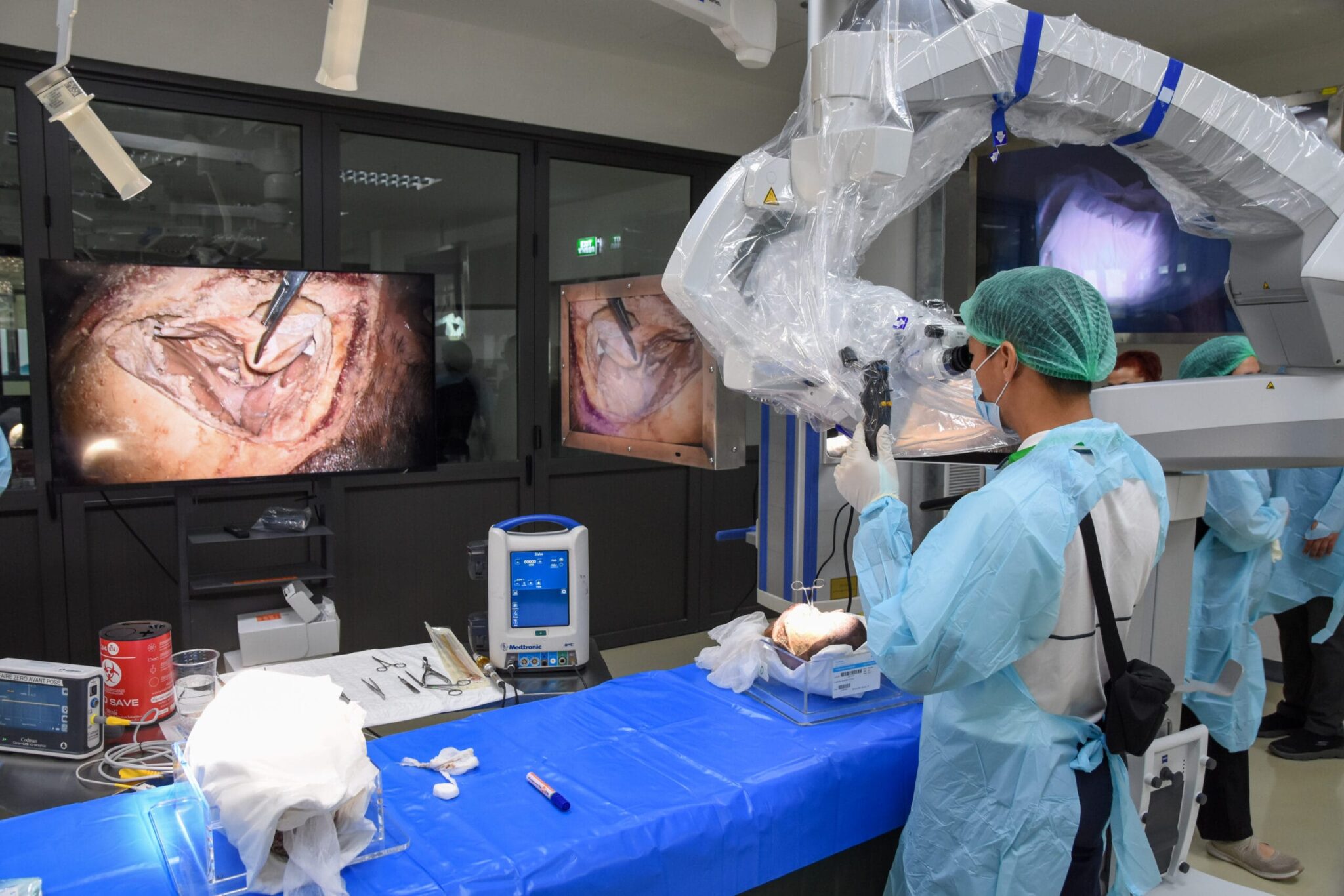
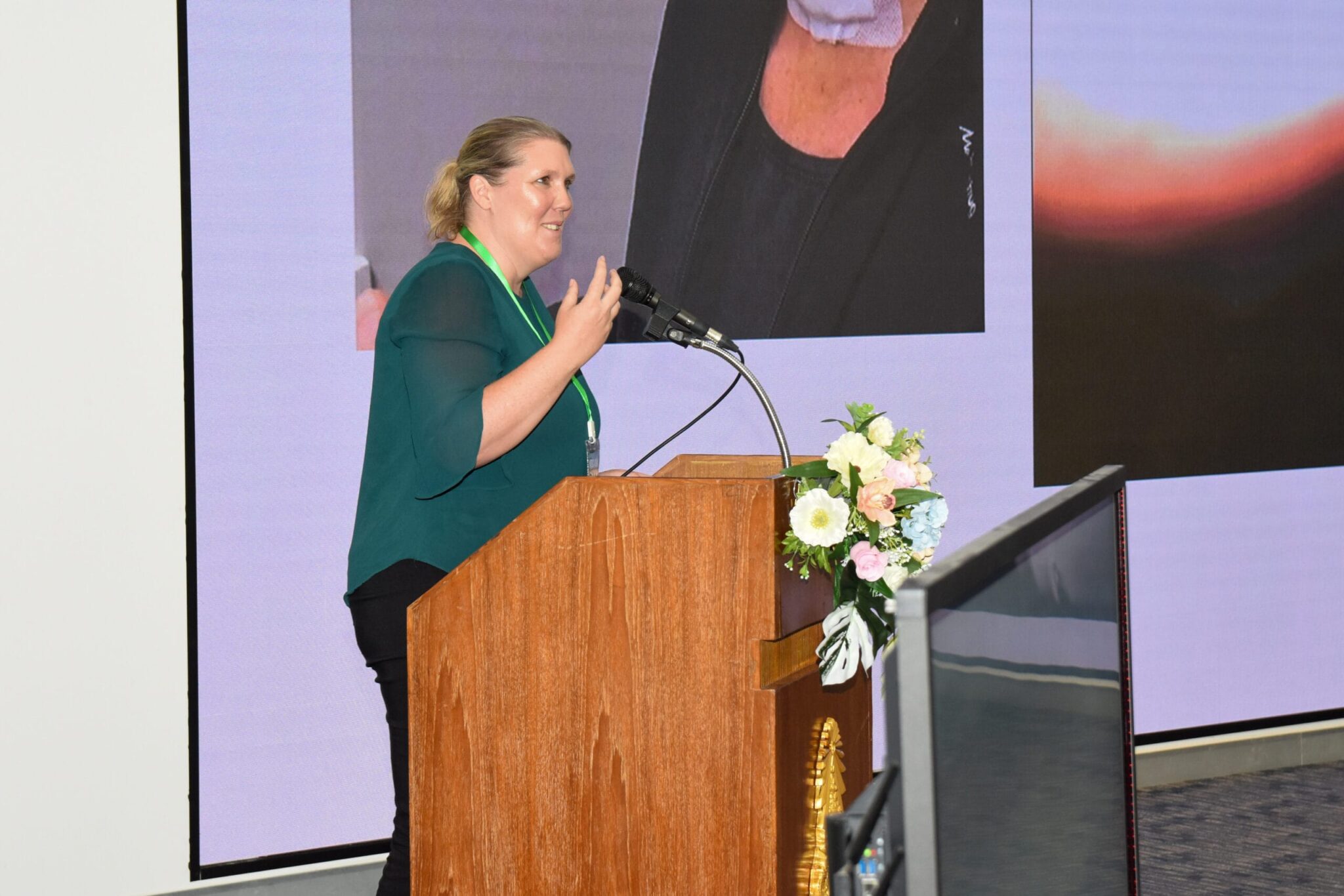
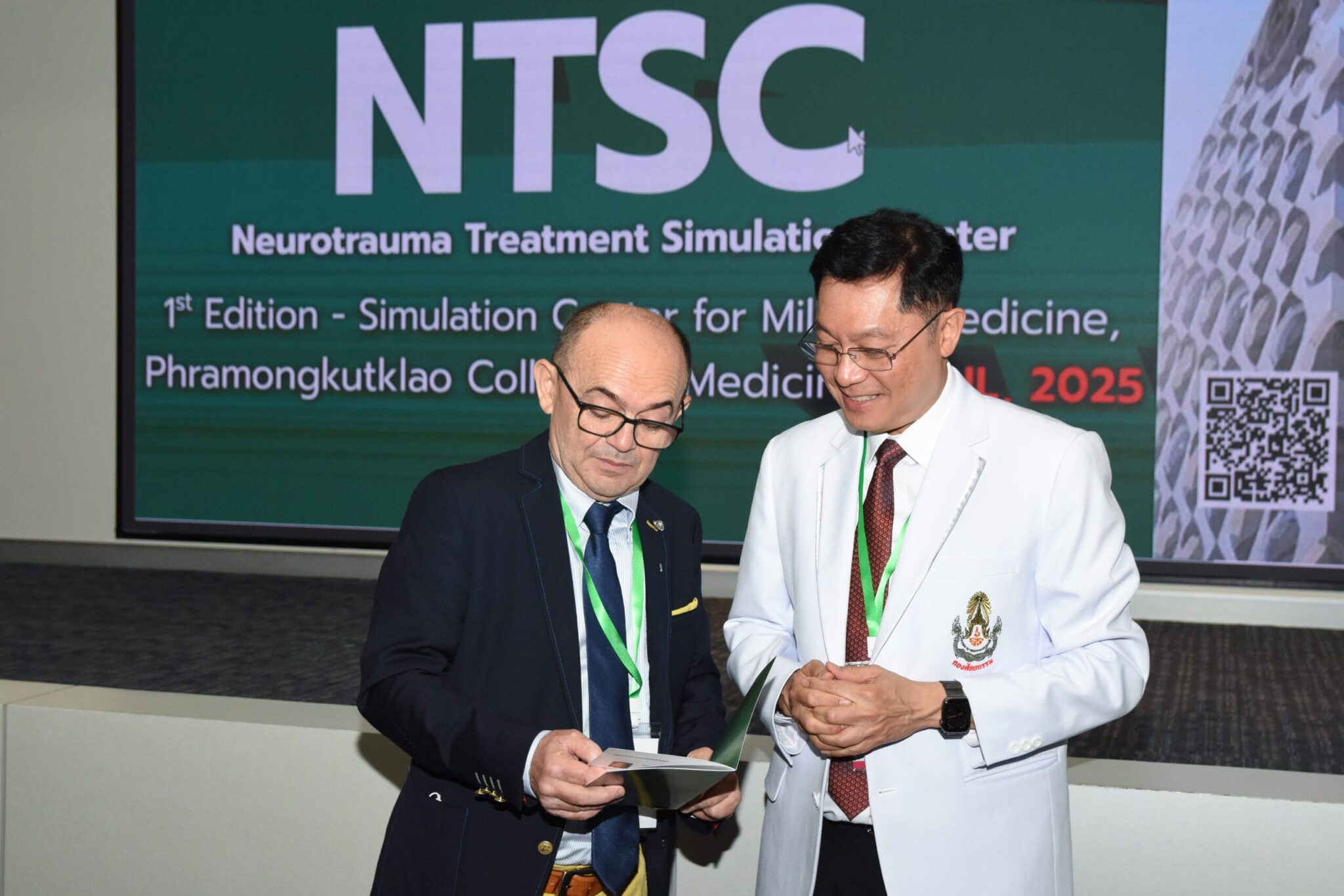
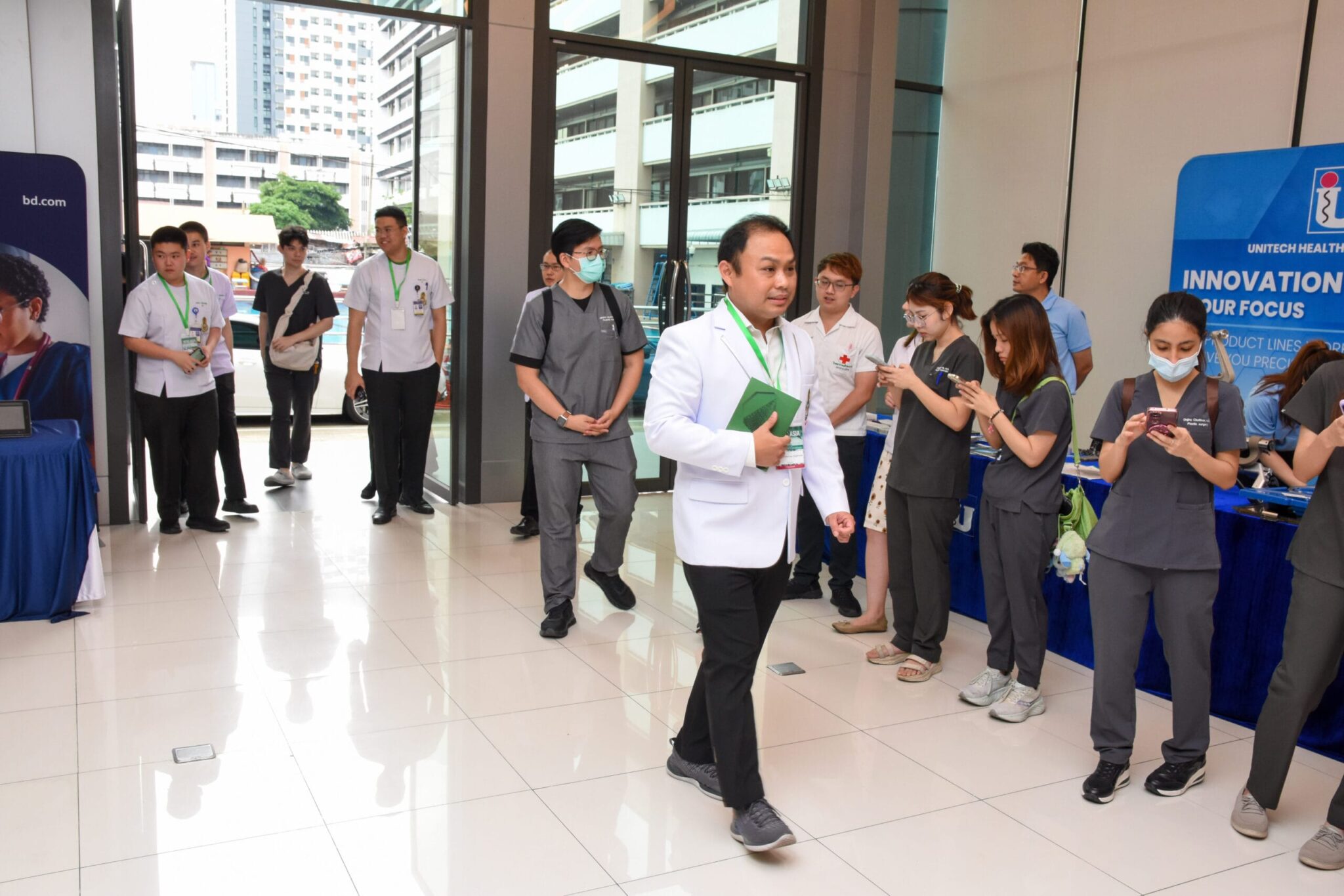
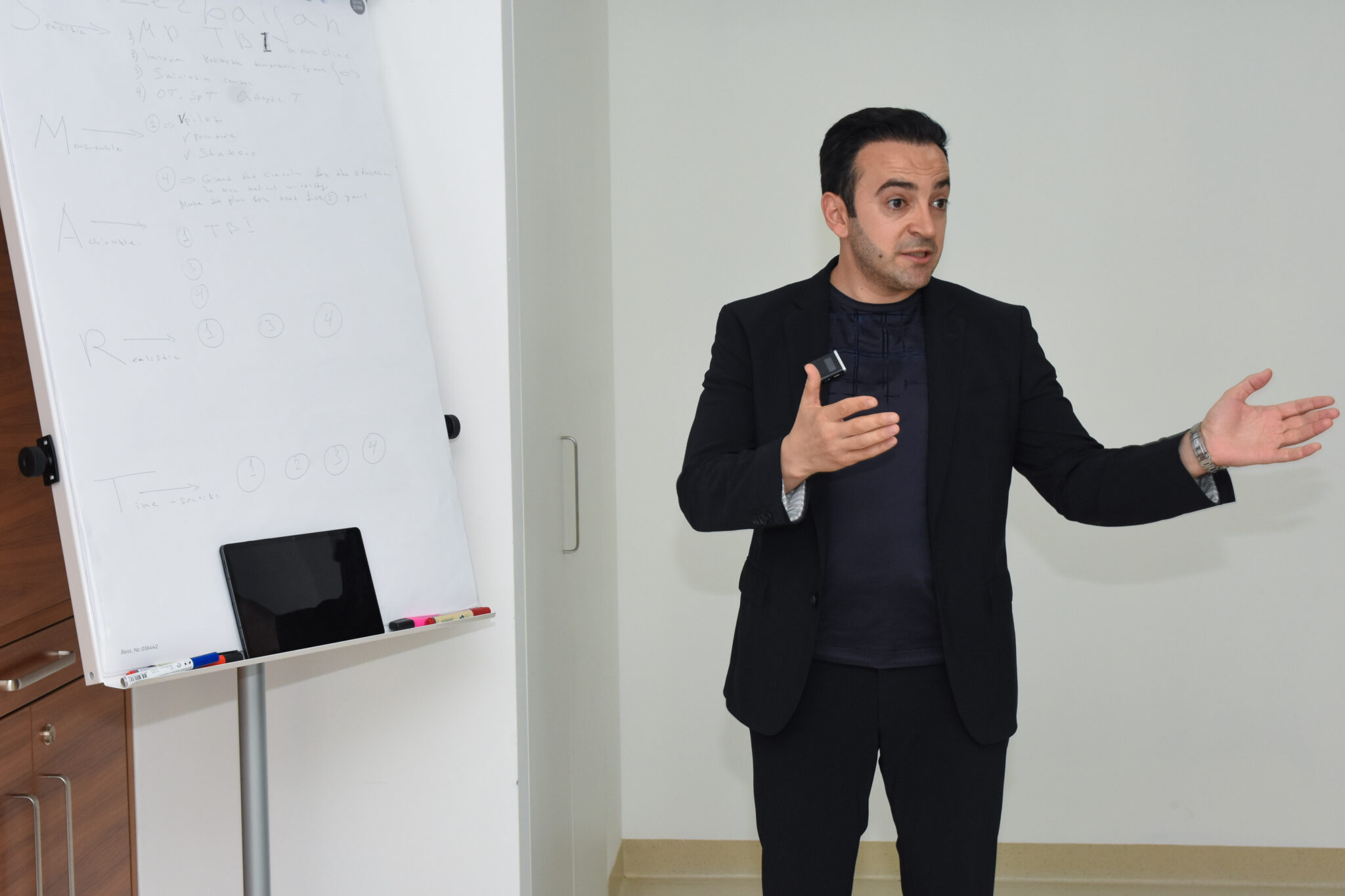
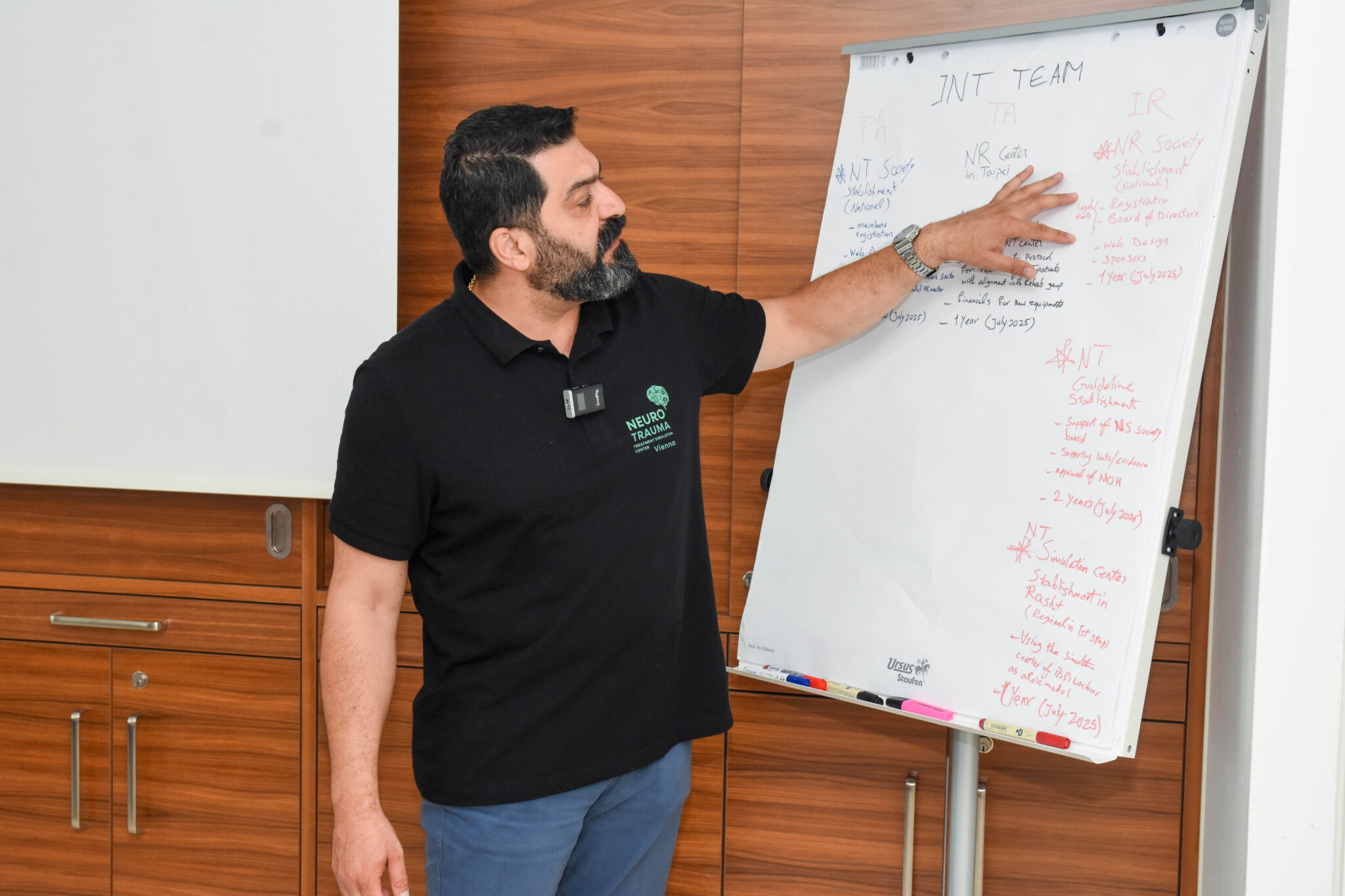
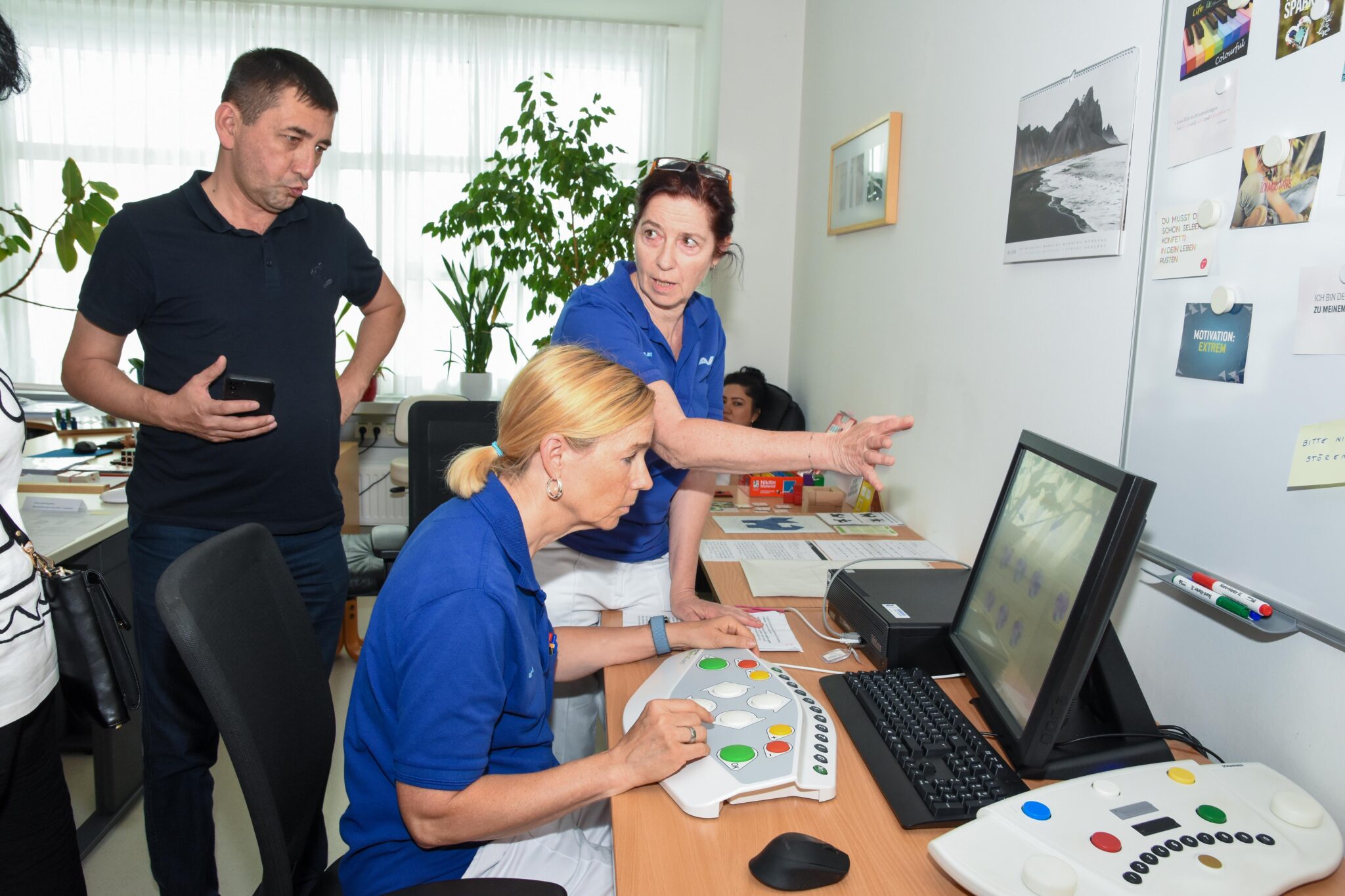
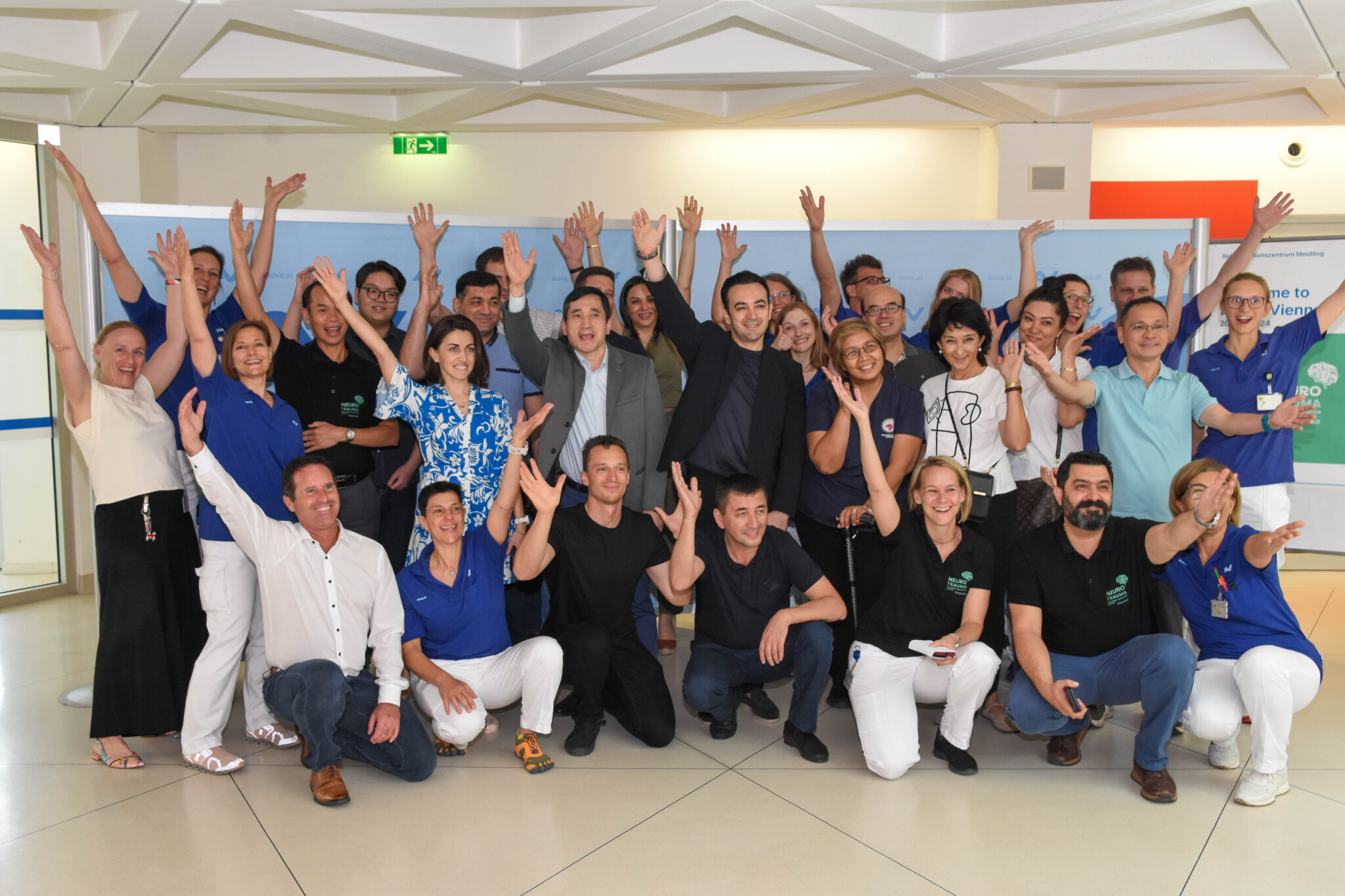
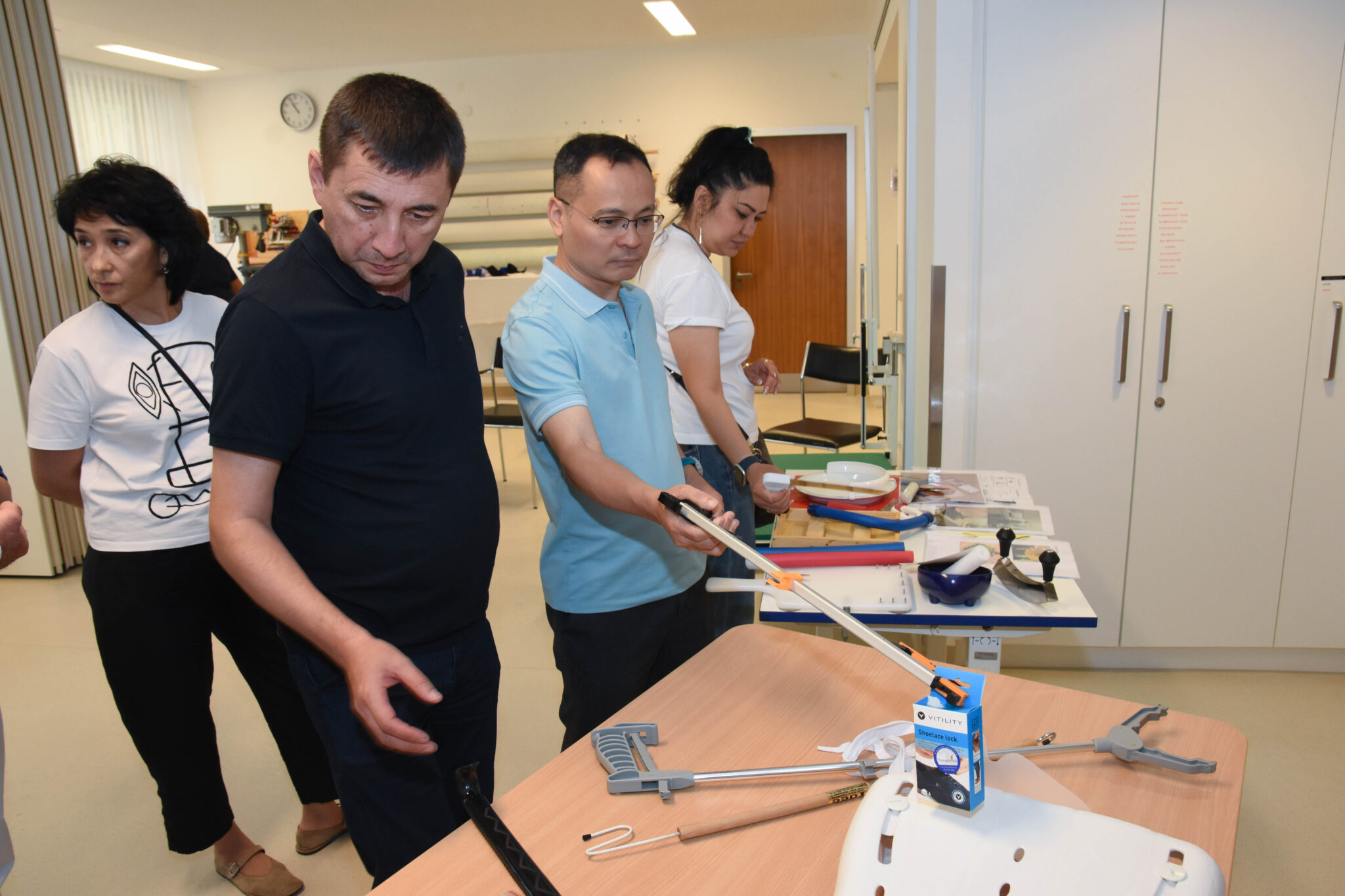
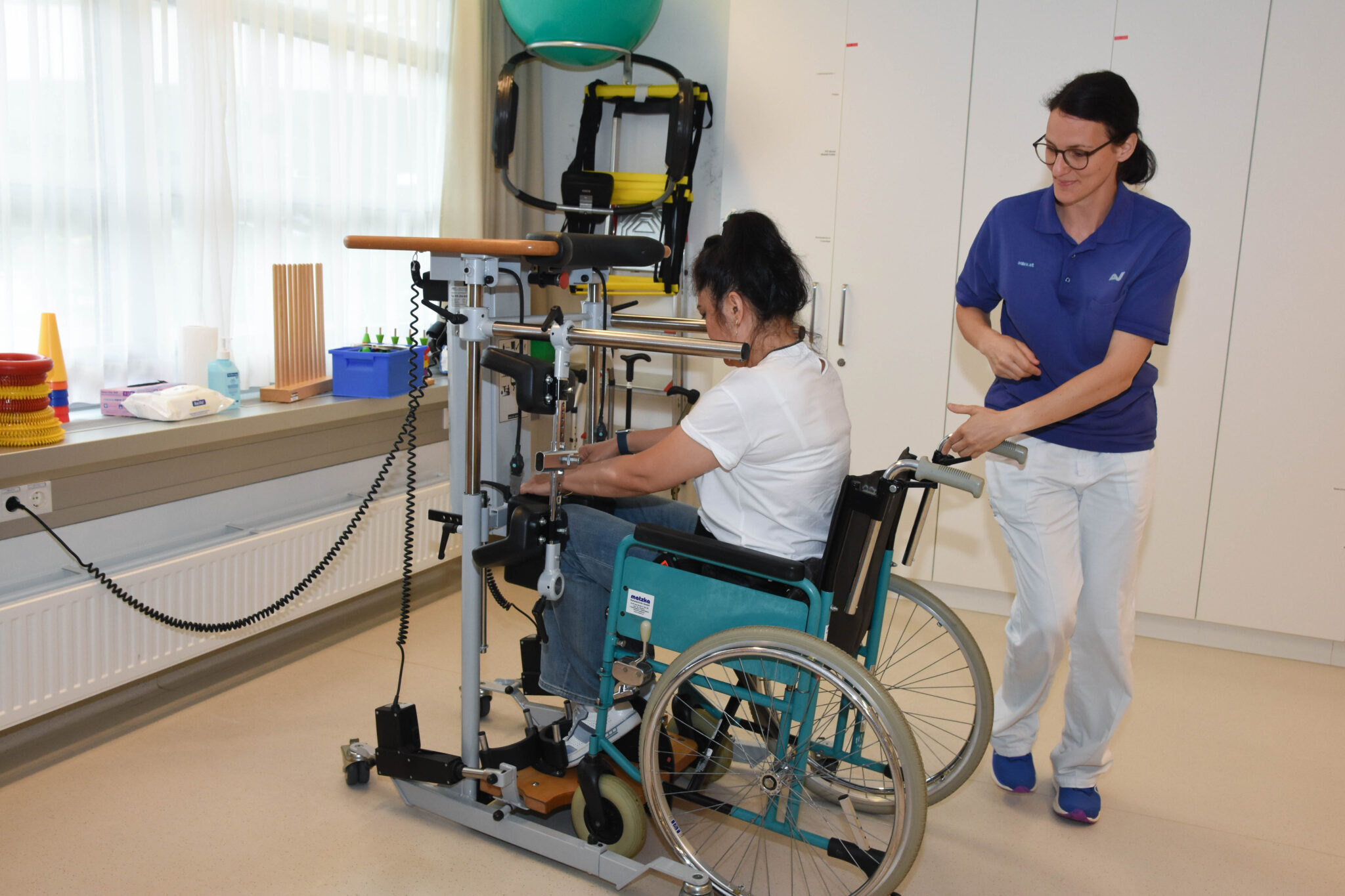
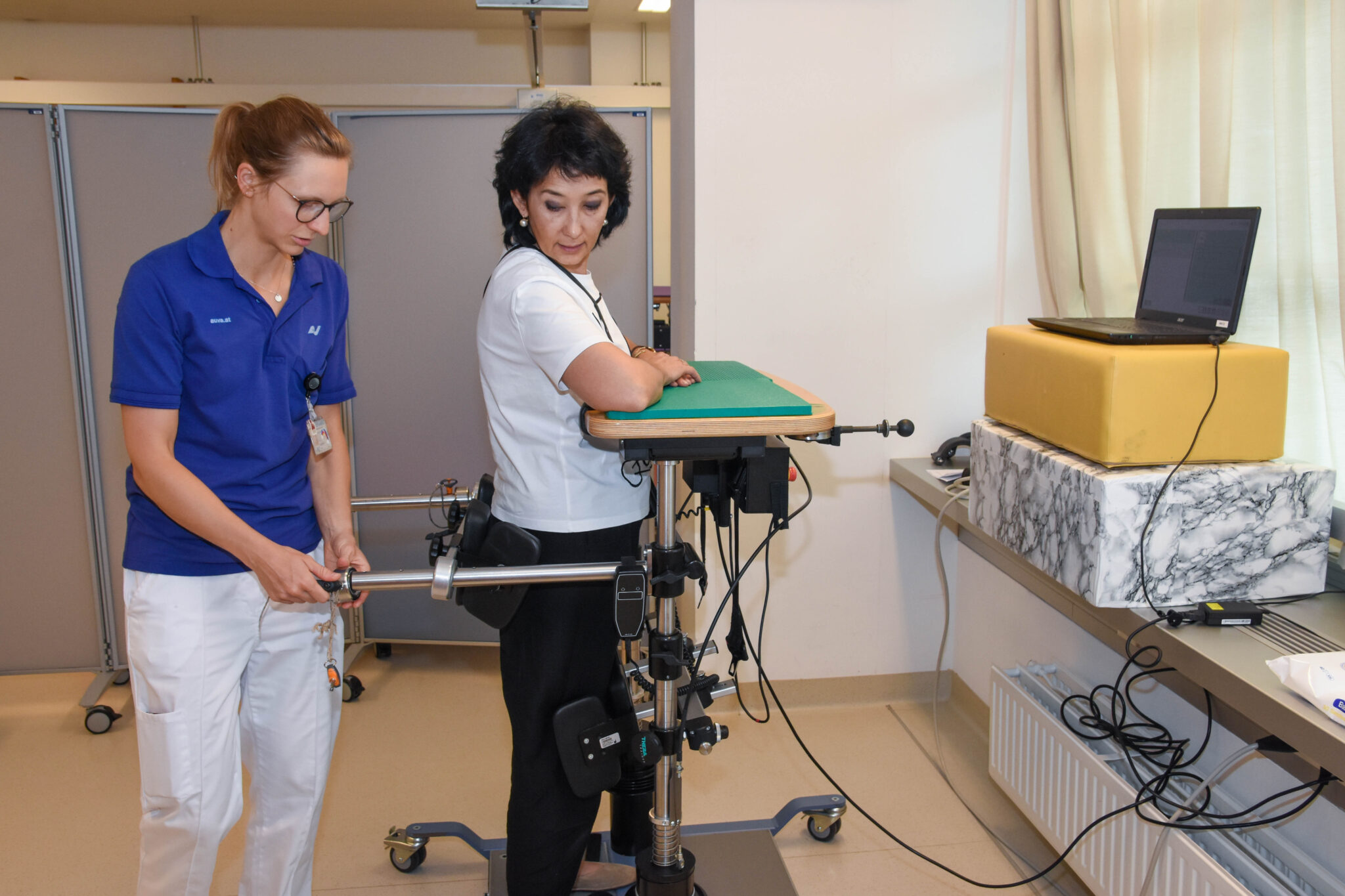
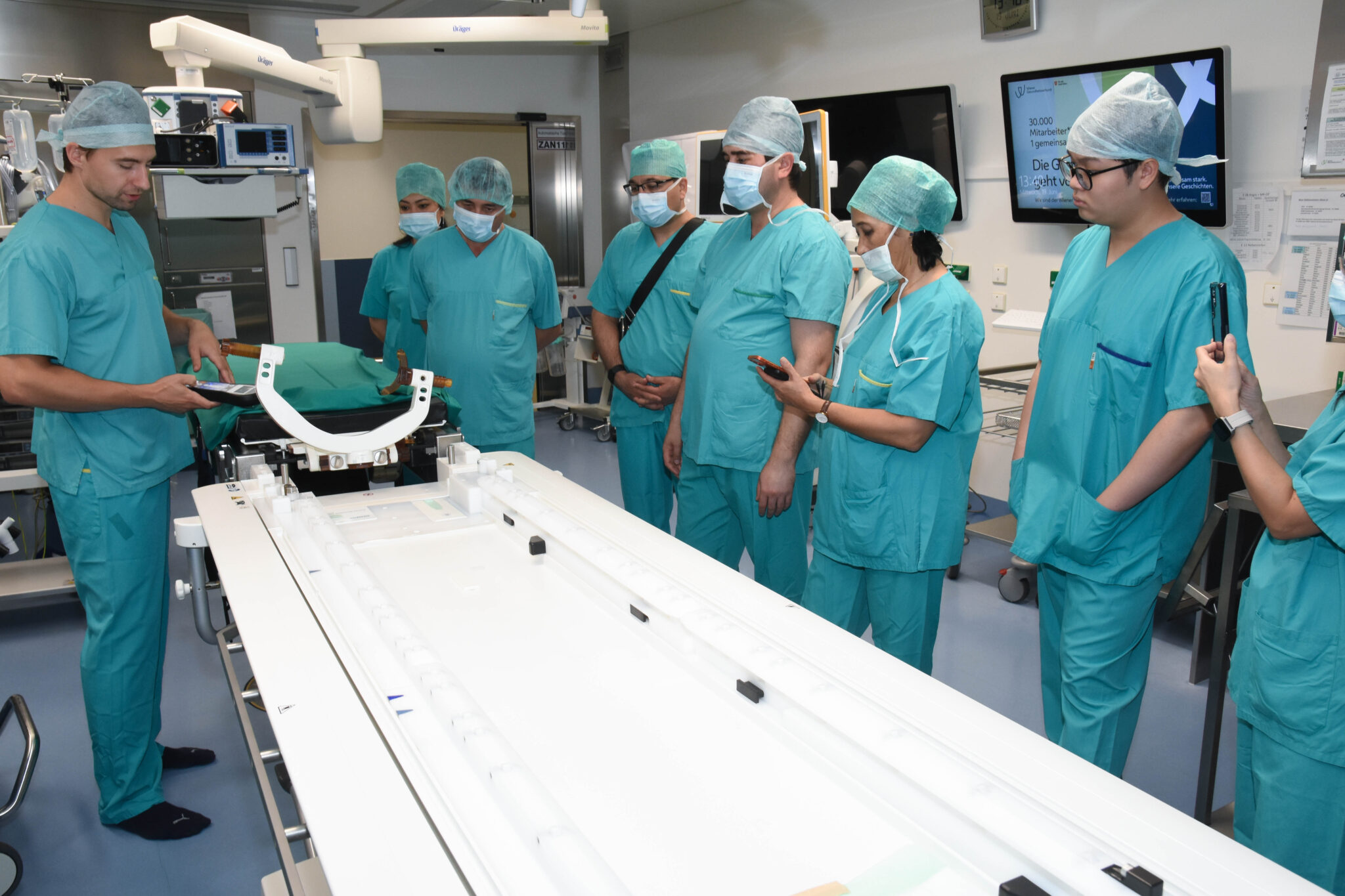
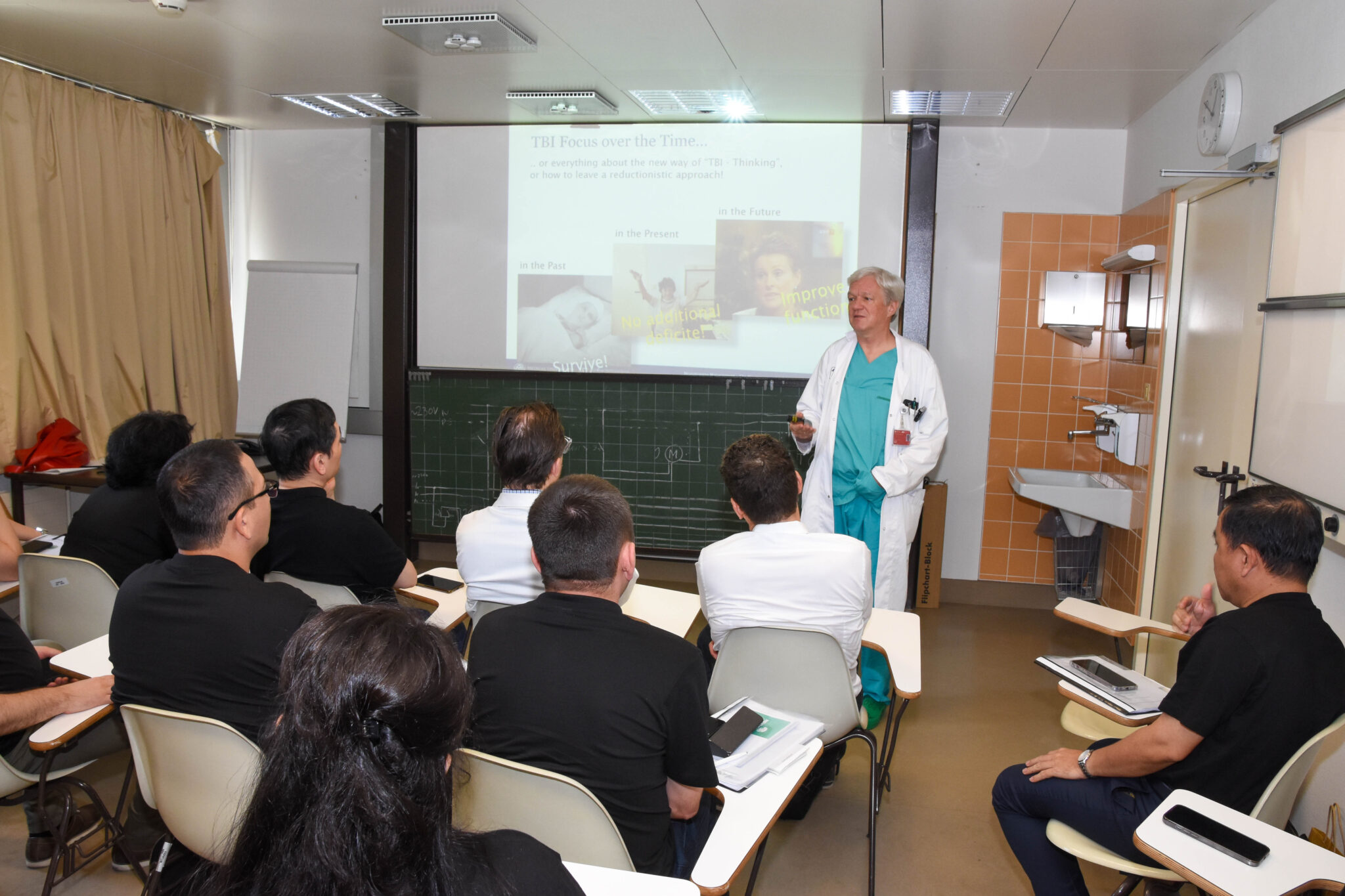
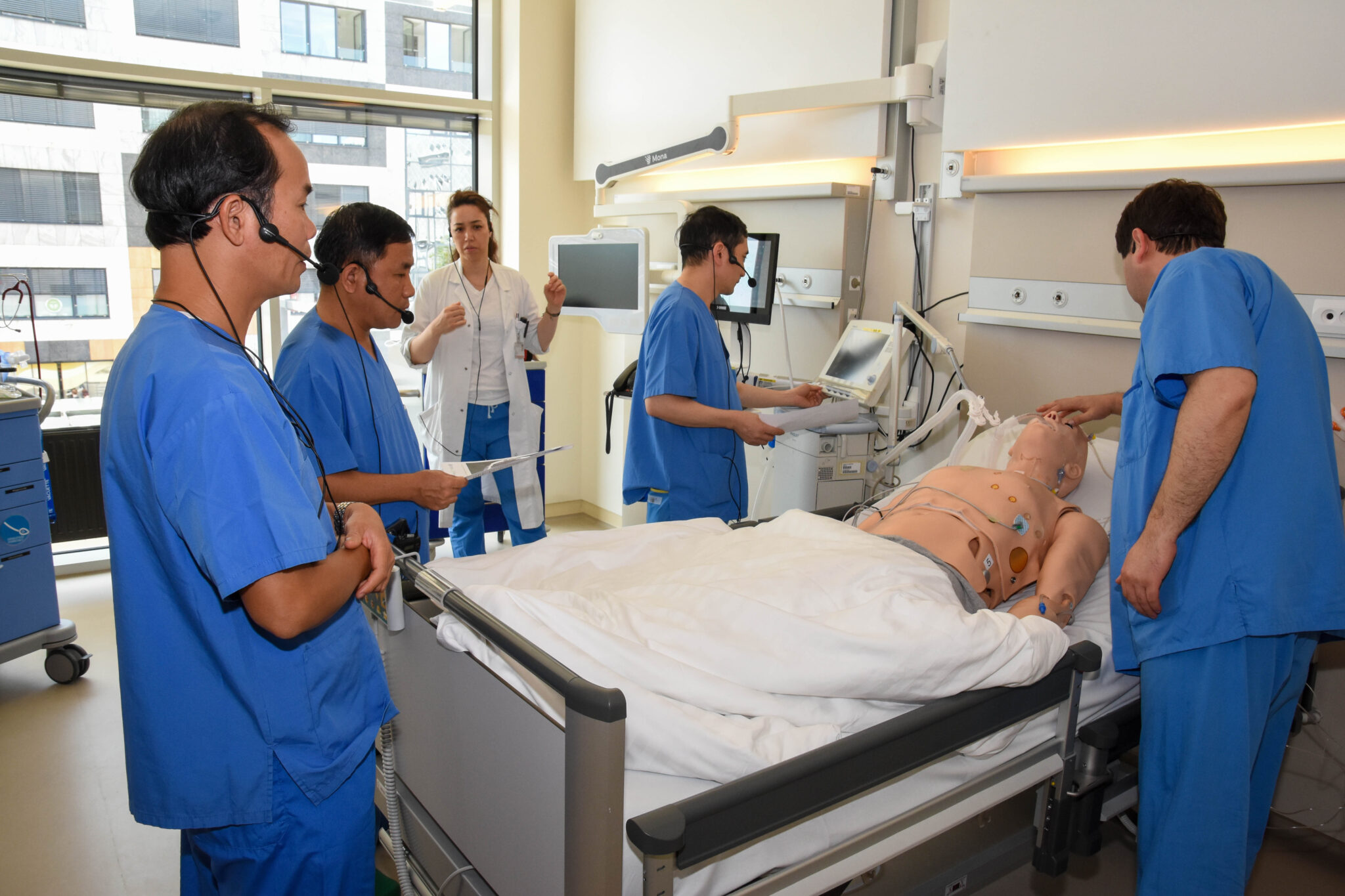
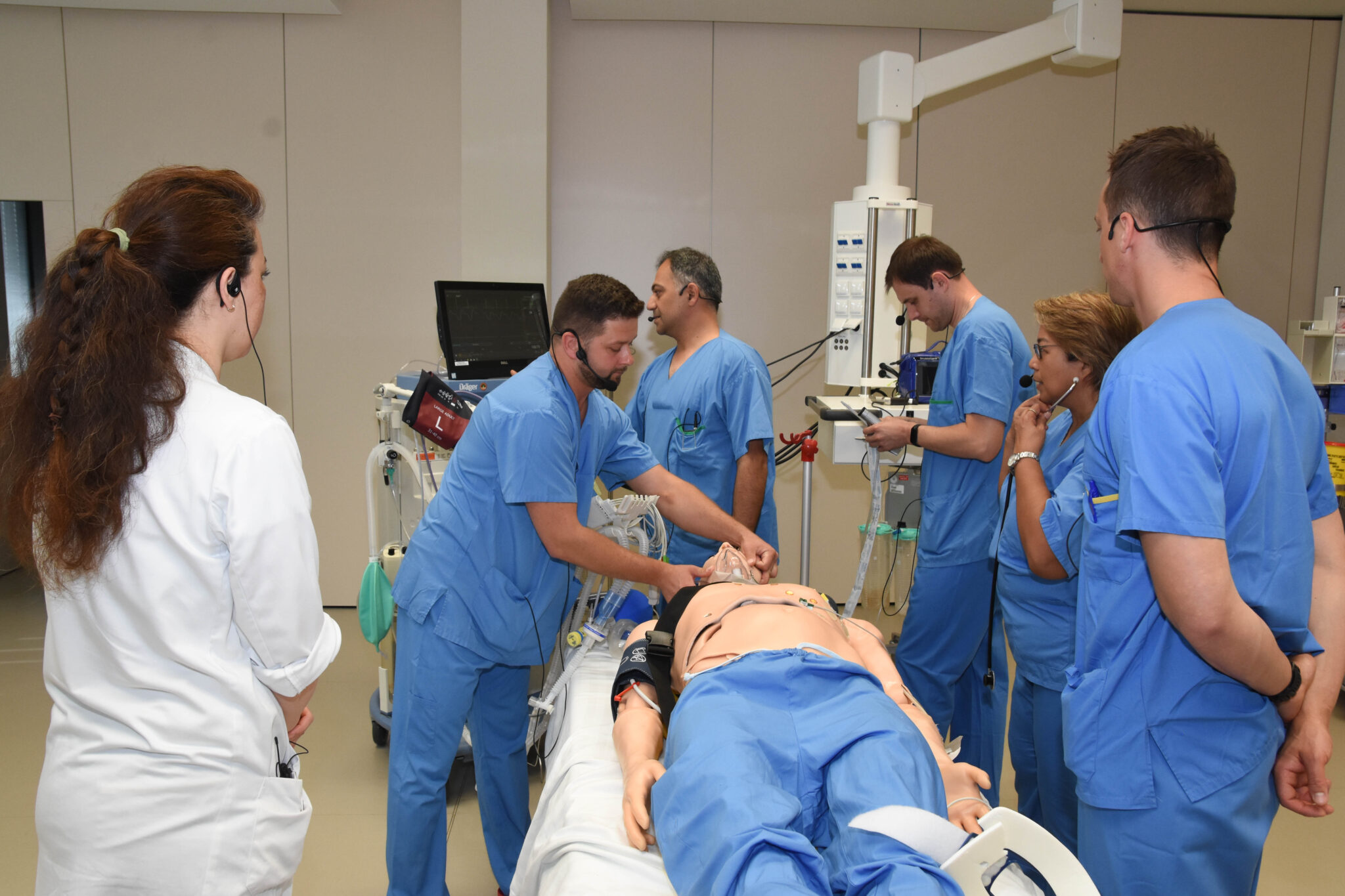
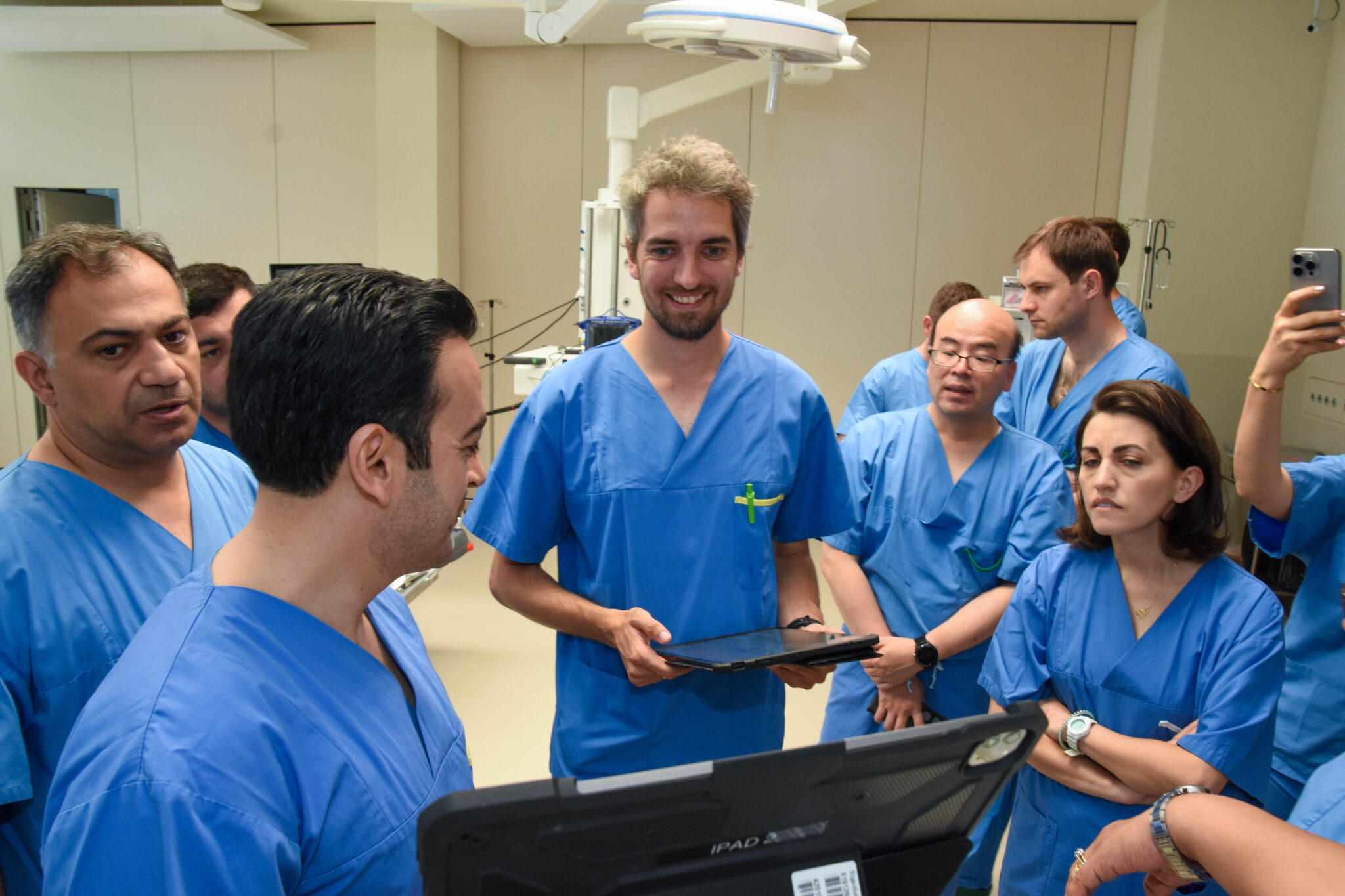
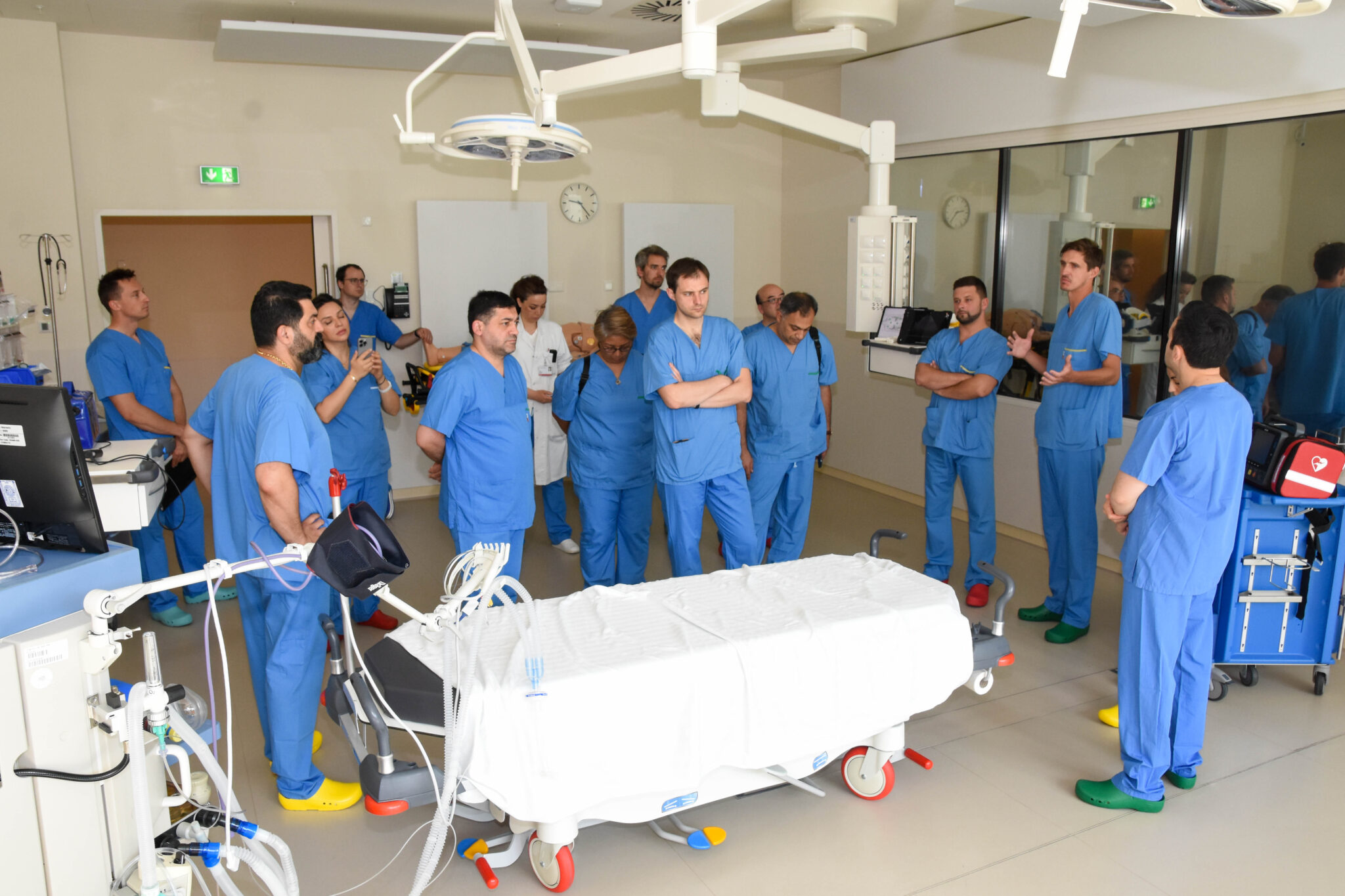
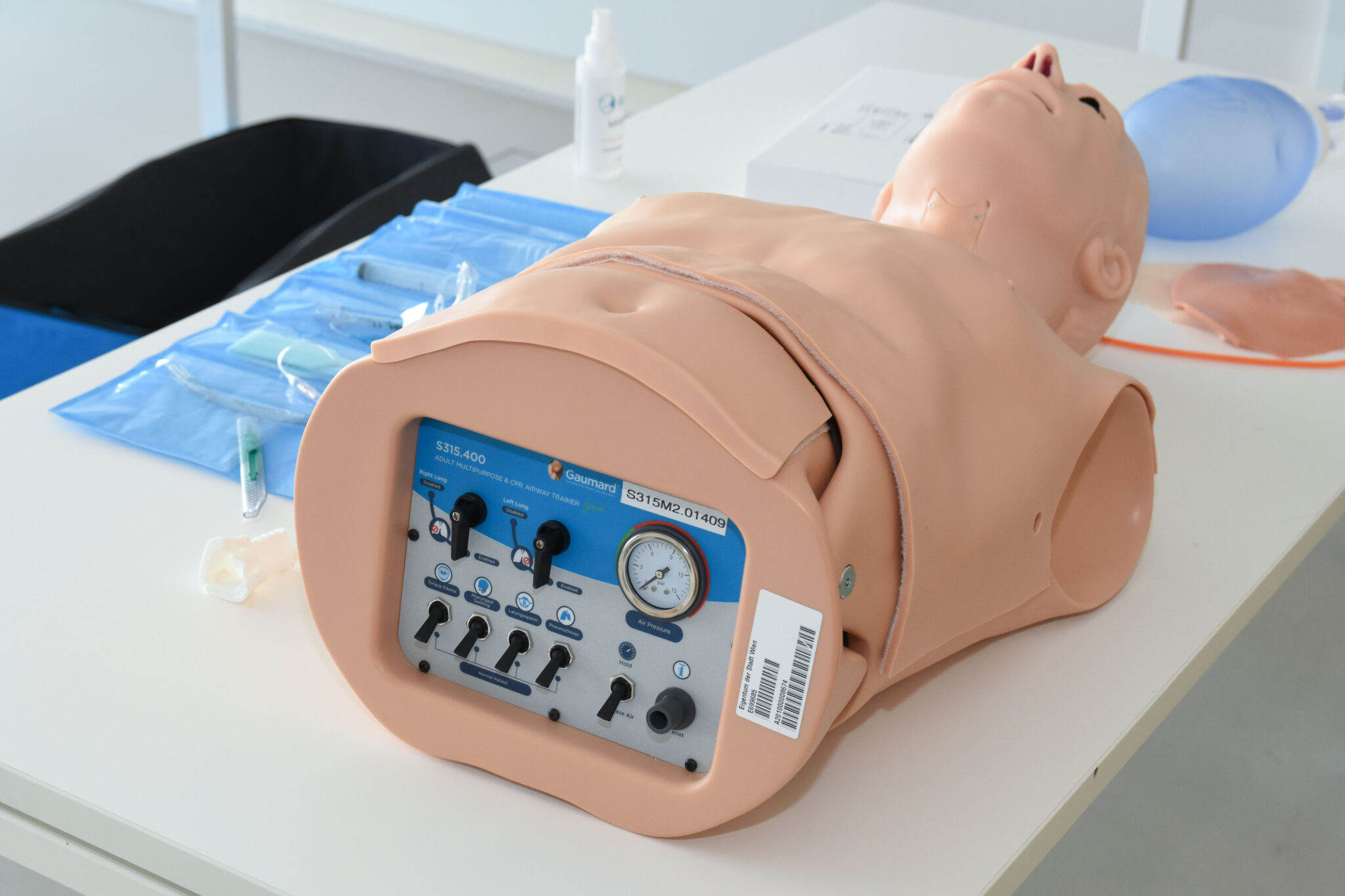
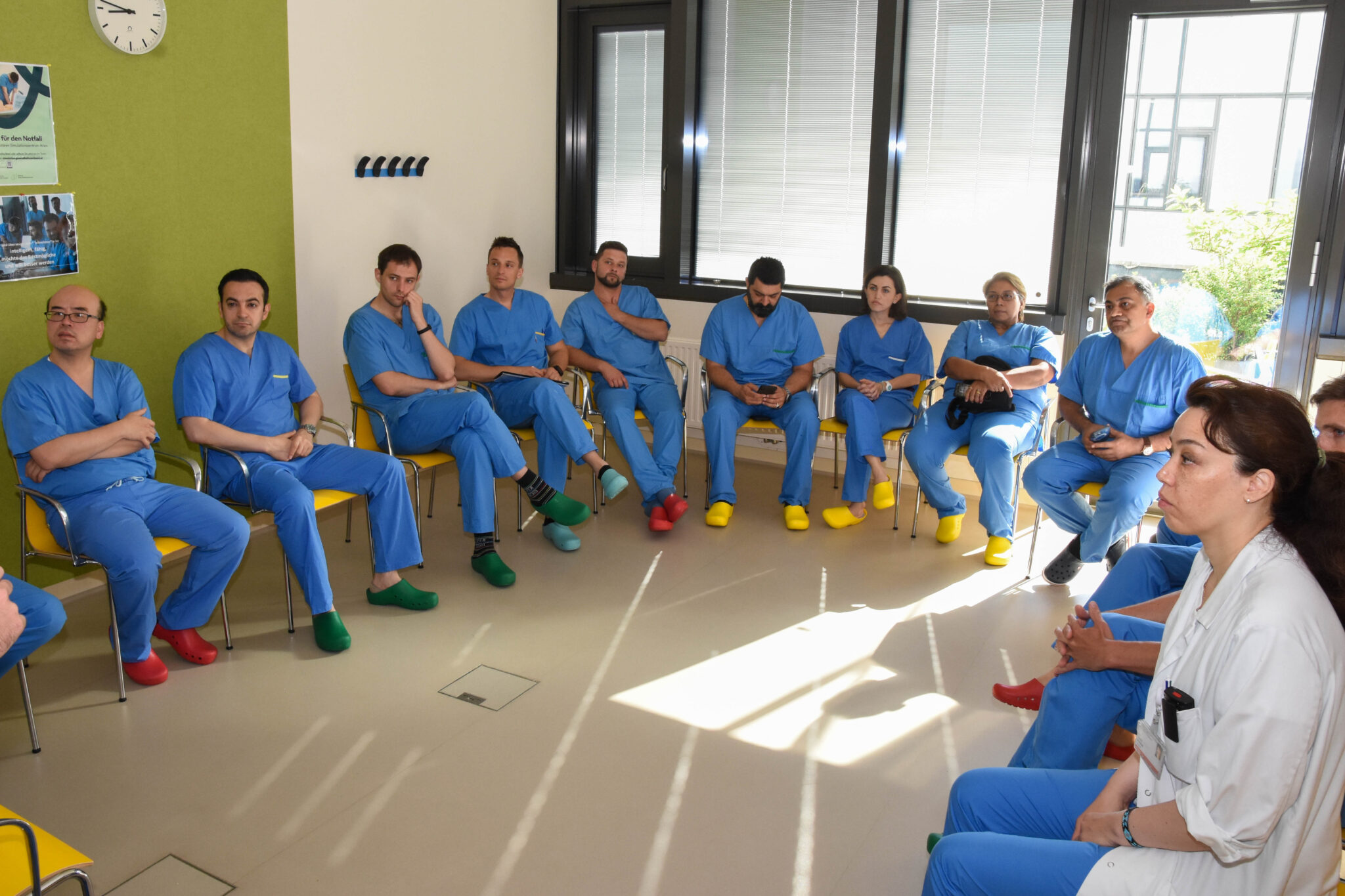
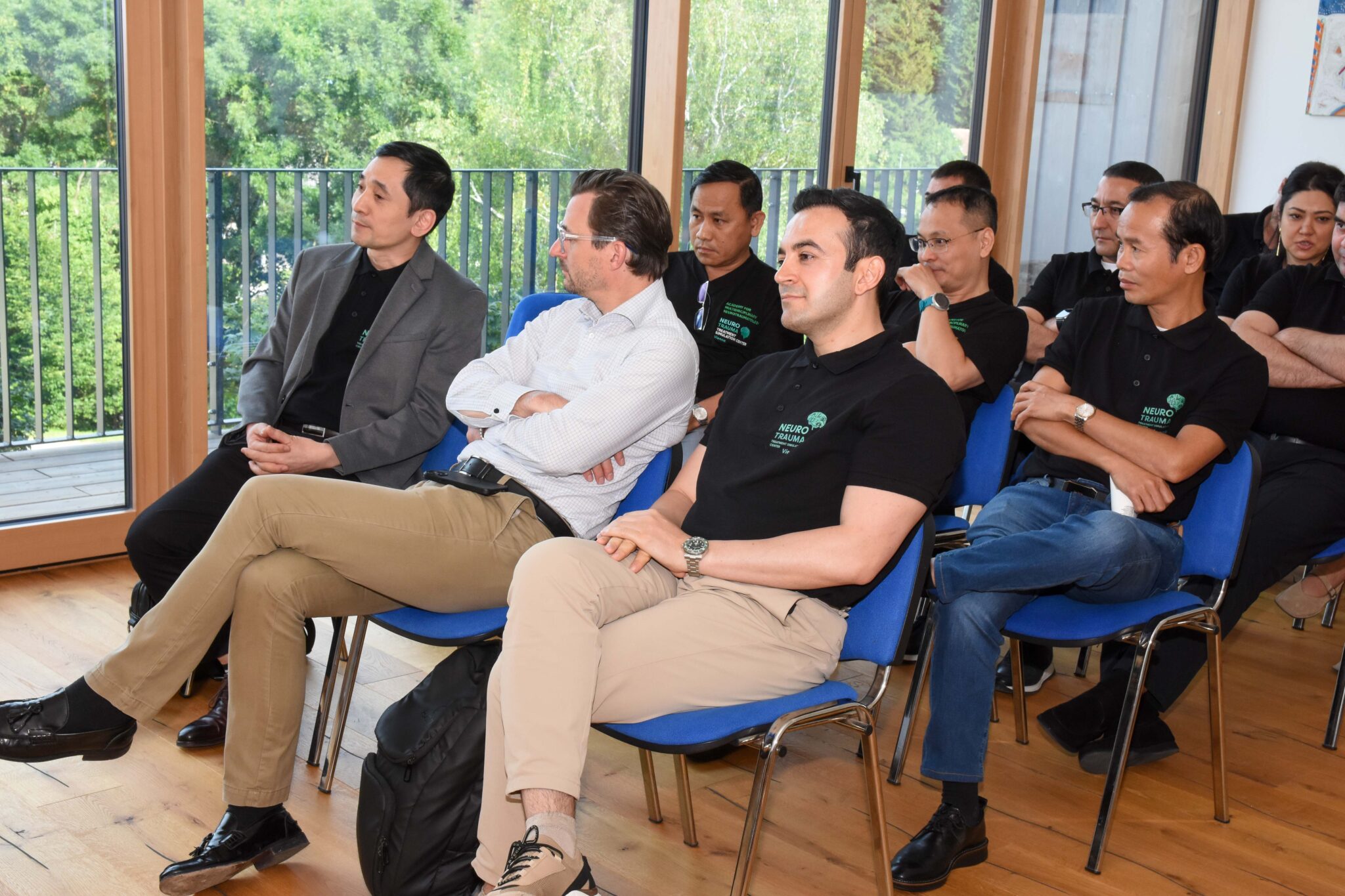
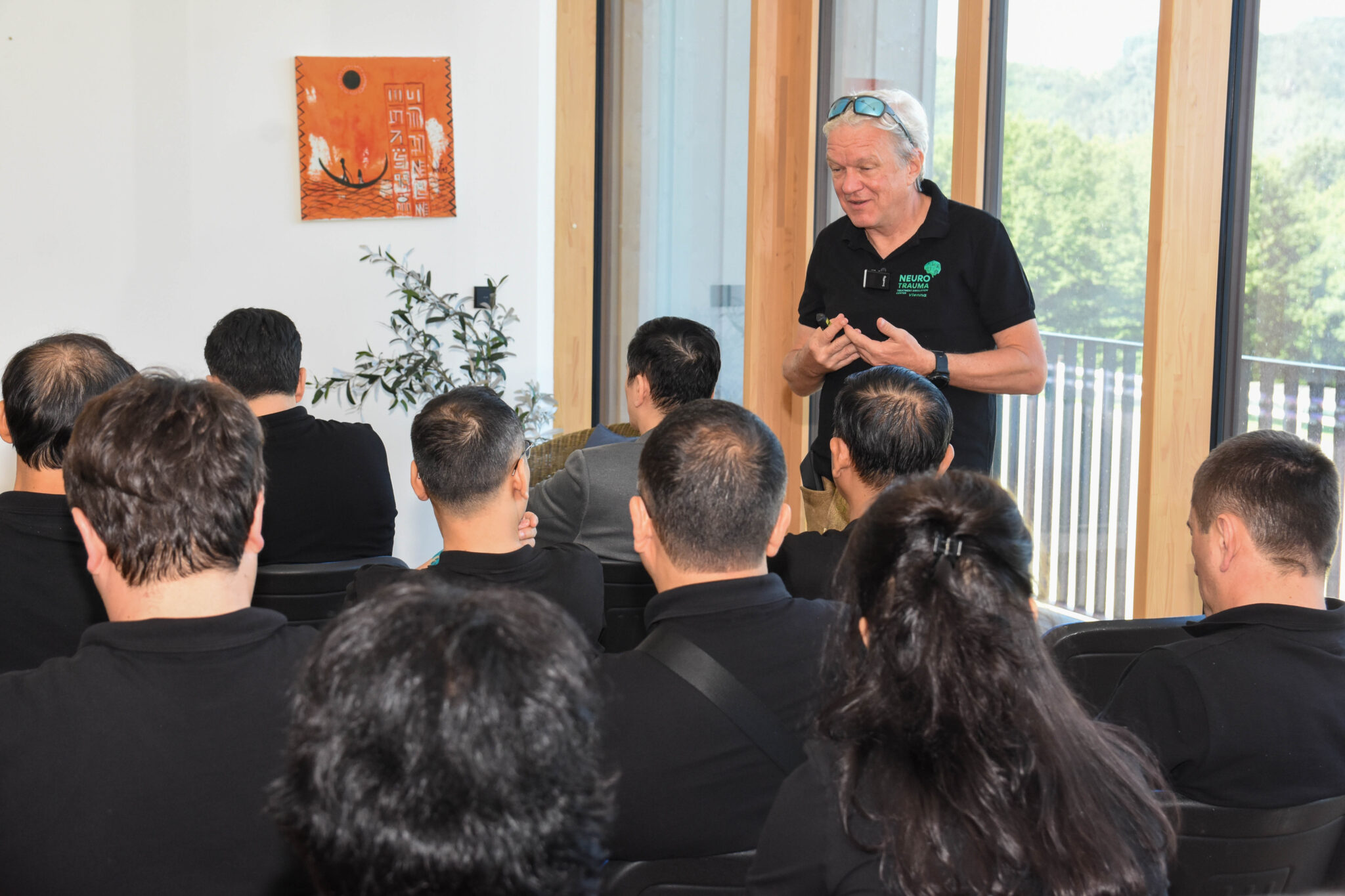
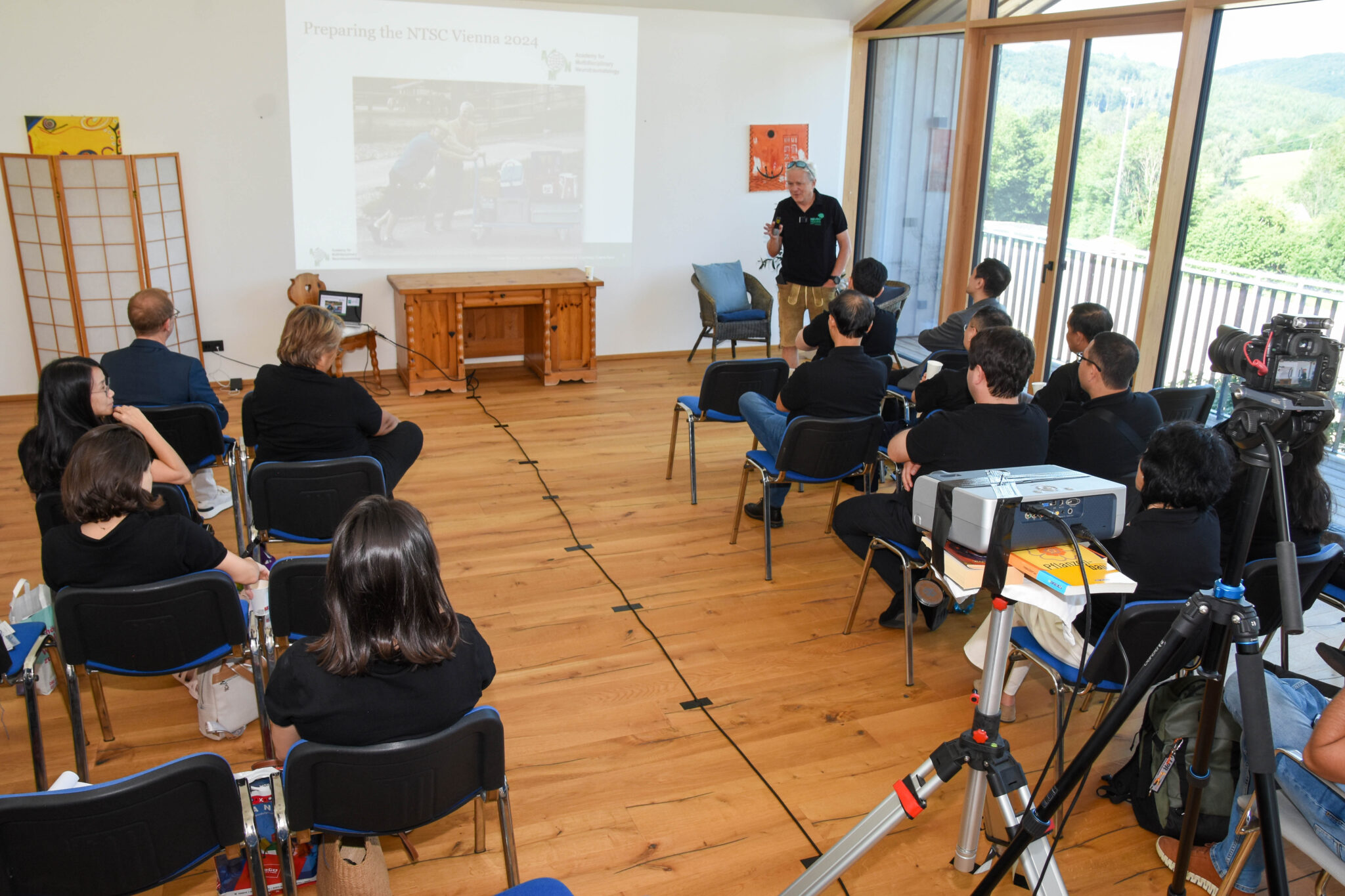
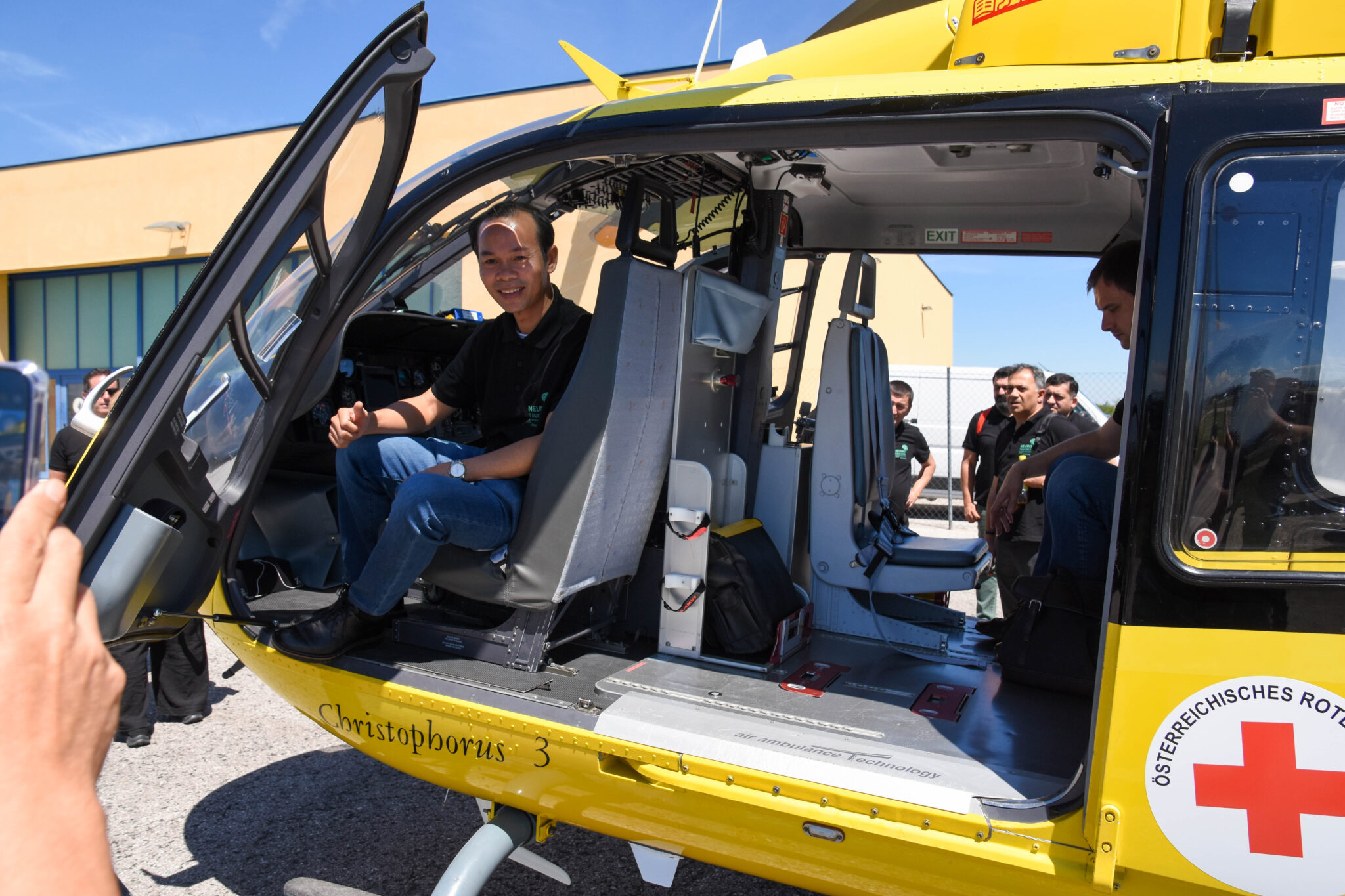
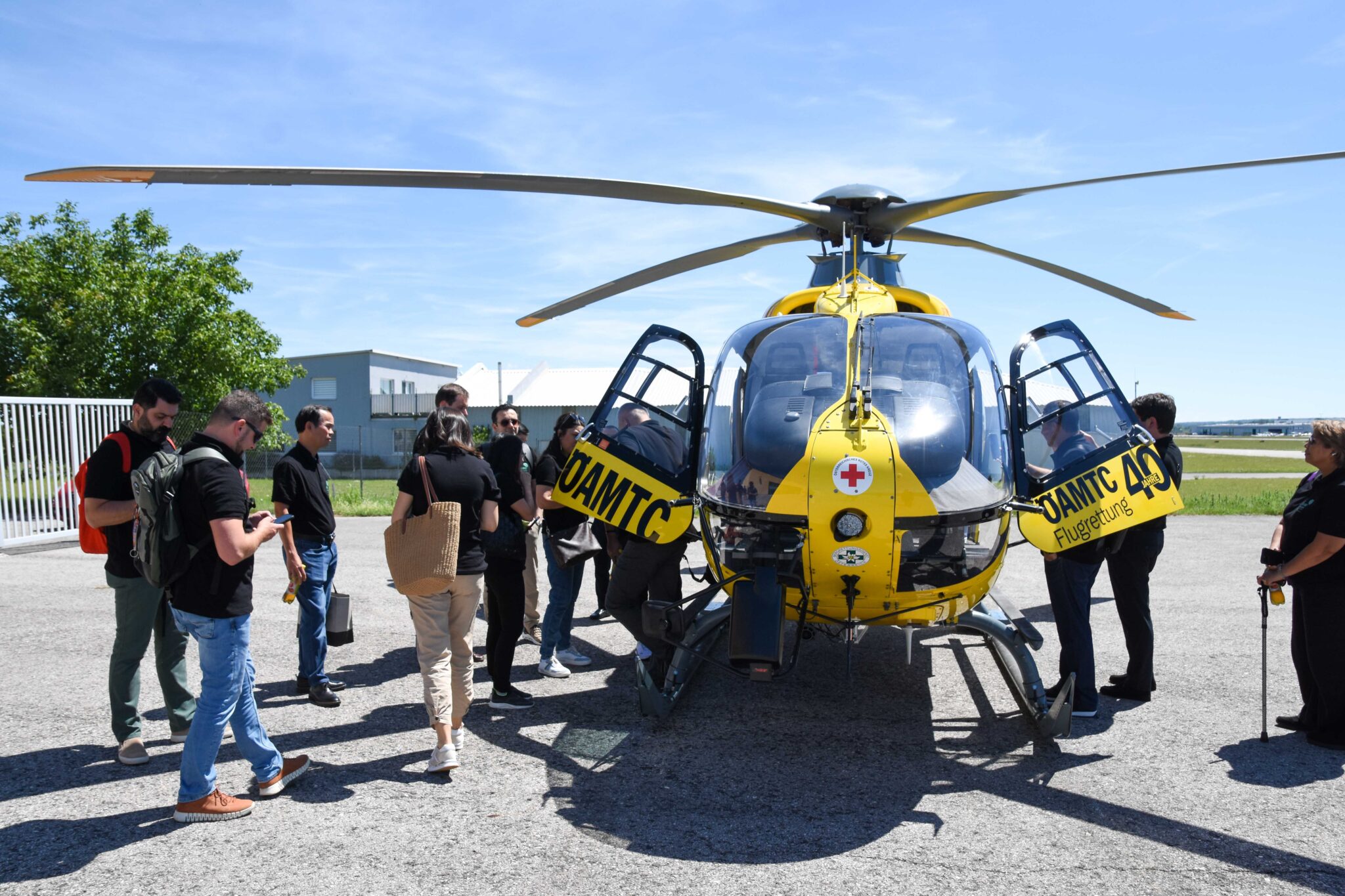
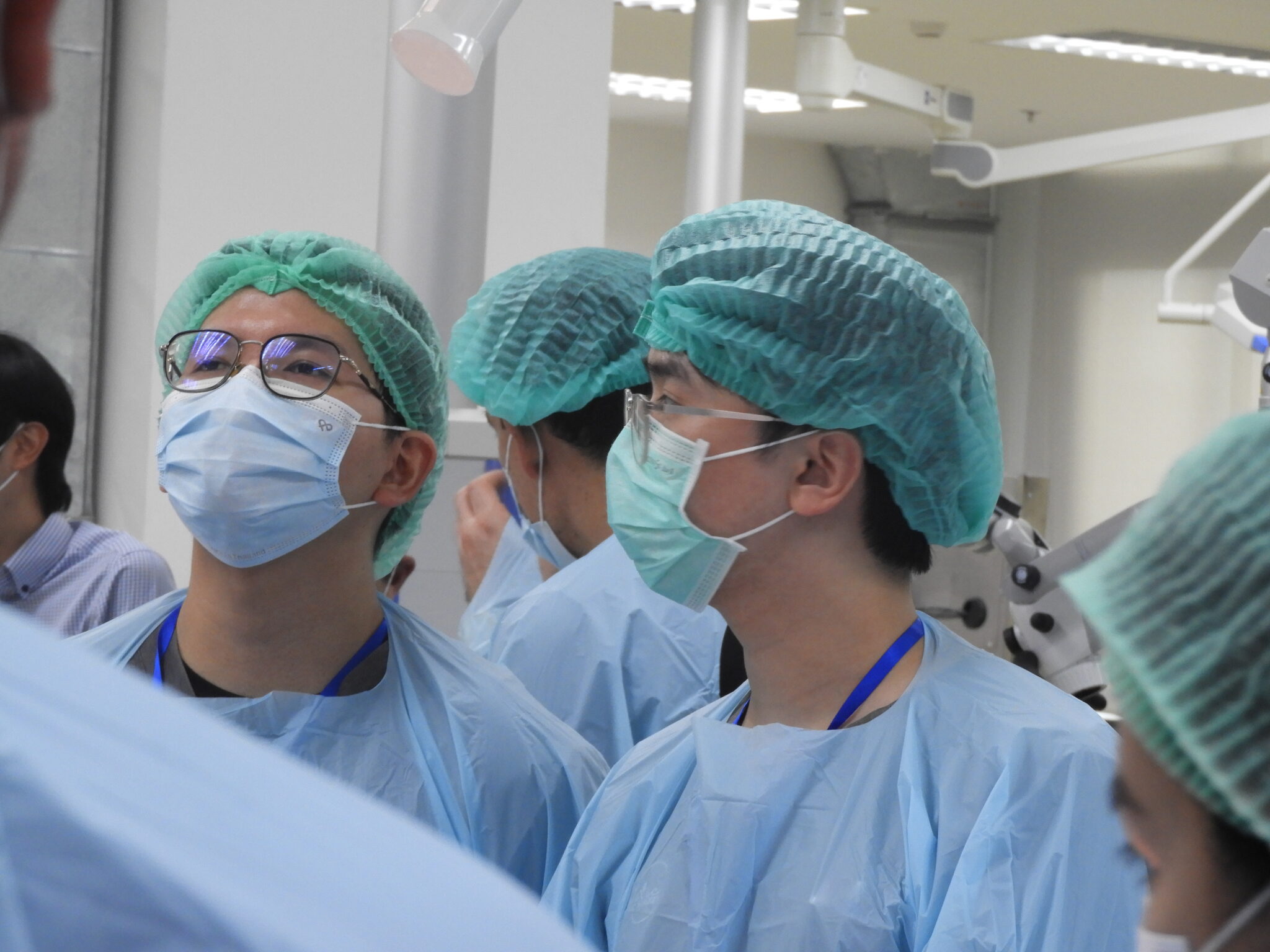
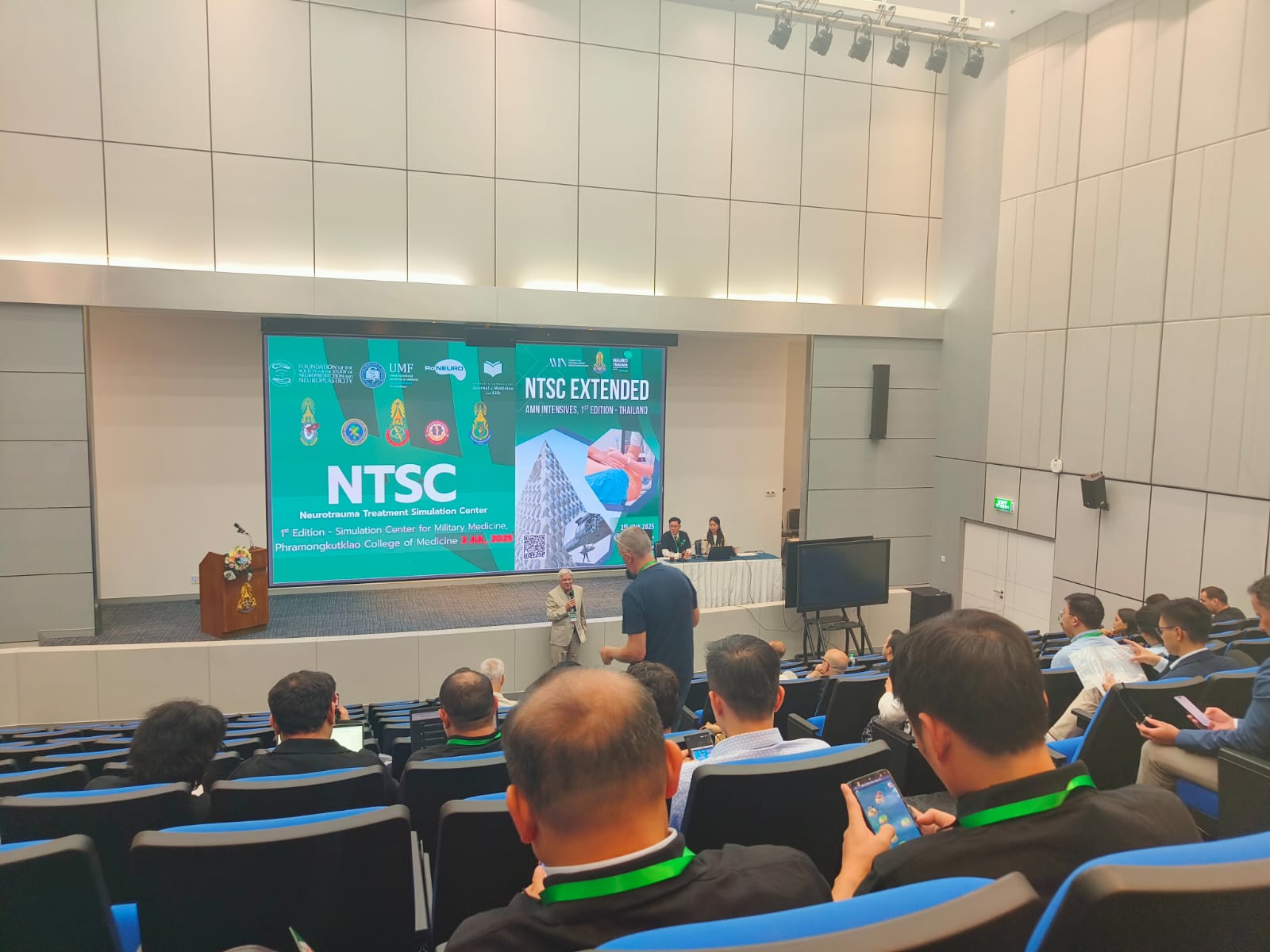
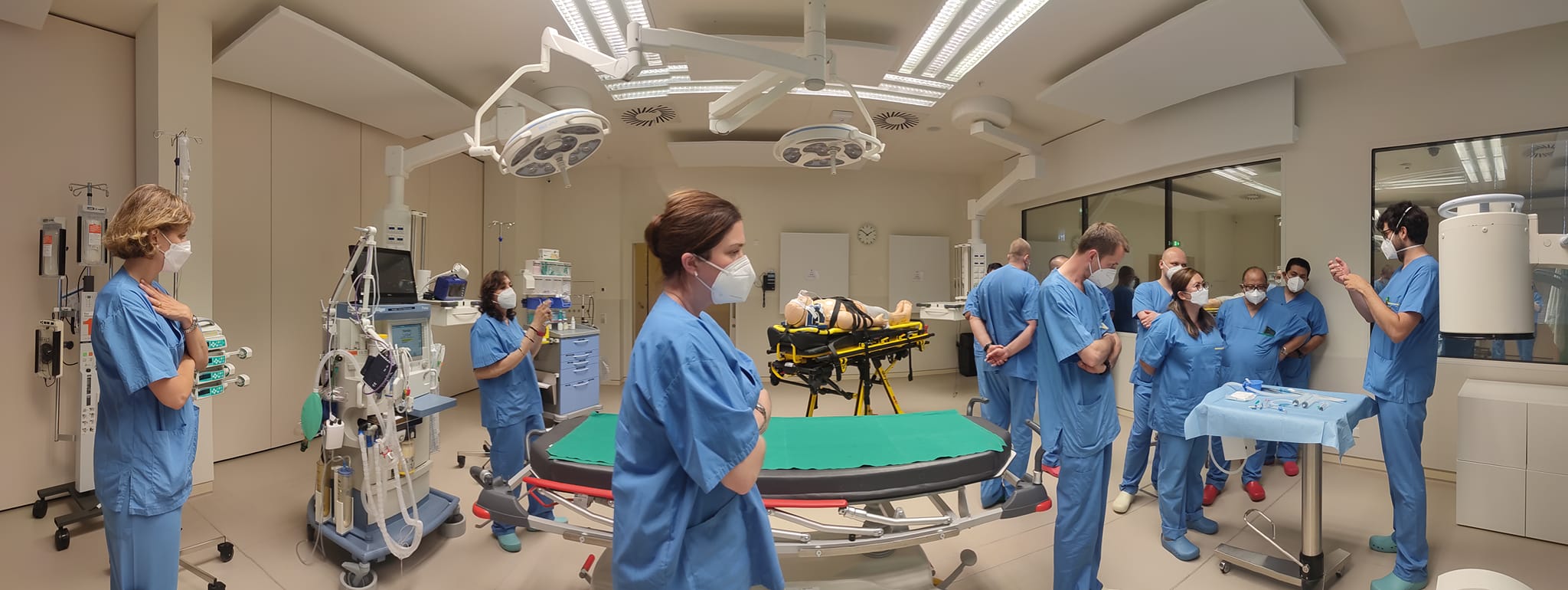
"The session was excellent, and the professors’ lectures were engaging and insightful."
"Thank you very much to the company and AMN! Today I learned a lot; the lectures delivered by the professors were both practical and inspiring."
"First of all, I would like to express my gratitude to the company for providing our hospital and the ICU–Stroke Center of Quang Ninh an opportunity to learn and receive updated knowledge. Today’s program was truly meaningful and inspiring for me. Although I could not attend the entire session, I felt a strong source of motivation and a wealth of valuable knowledge shared with all participants. I sincerely hope to join future sessions led by leading Vietnamese and international professors, to stay updated and apply this knowledge in daily clinical work. Thank you once again, and I wish the organizing company continued success in creating more such meaningful learning opportunities.."
"The program was practical and meaningful in fostering a multidisciplinary approach to TBI management."
“I'm happy to say that Bangkok and the Thai people have greatly hosted this event and I could see that many specialties outside of neurosurgery could actually learn a lot from this educational event. It highlights the multidisciplinary treatment of neurotrauma, which is actually what we are really after. This simulation course and lectures have shown that it's not just the neurosurgeon who should be involved in neurotrauma, but other specialities as well.”
“It's a great pleasure to be at the first NTSC – Neurotrauma Simulation Center – here in Bangkok. I think it's a big step forward in improving neurotrauma care here in Thailand. It's especially interesting and also inspiring to see the people participating and how enthusiastic they are in doing simulations on neurotrauma. So, for me, it's a good opportunity to extend my knowledge about how neurotrauma care is done here in Thailand and improve it also a little bit with my expertise, hopefully.”
“We are focusing every year on every opportunity for countries to come together and share experiences. This is a good opportunity to focus on multidisciplinary team training and meet different specialists from the emergency system to rehabilitation, to discuss all problems in the multidisciplinary field of traumatic brain injury. I hope it will be a wonderful opportunity for all specialists to work together and find the gaps to address.”
“I am a neurosurgeon from Uzbekistan and a collaborator in a course in Uzbekistan. At NTSC we saw that they are very prepared. They have a lot of facilities to teach how to solve the cases with moderate and severe traumatic brain injuries. Here, many people can get a lot of information and learn new things. They developed the cadaver lab to teach how to use the ICP monitoring, and the simulation center has all facilities to teach and train the young generation.”
“I'm a fifth-year resident plastic surgeon at Phramongkutklao Hospital. I think I will apply the knowledge provided at NTSC to my career path.”
“I'm a plastic surgeon resident here at Phramongkutklao Hospital, Bangkok. For me, it's quite interesting because we have seen a lot of training sessions. This place is quite new and it’s really awesome. We, plastic surgeons, have a different view from neurosurgery. So it's quite a new thing for us. And it's better to learn from each other more and more. Also, I have seen a lot of foreigners here. They come with skill, talent, and a good attitude. I would better learn a lot from them.”
